Cybersecurity is one of the biggest concerns businesses have in this digital age. With the evolving nature of cyber threats and risks, robust security is required to protect your networks and digital assets. Security testing services aim to detect, analyze, and mitigate vulnerabilities that enable unauthorized access to the company’s data, applications, and IT infrastructure.
Cyberattacks are expected to cost the world 8 trillion U.S. Dollars in 2023, exceeding 9.5 trillion in 2024 and 10.5 trillion U.S. Dollars in 2025. Due to this concern, a recent study was conducted in over 300 organizations of varied industries. Over 44% of those organizations are performing security testing at least once a week or once a month, just to be safe.
From multinational corporations to startups, those businesses that operate online are vulnerable to cyber threats. So, what can you do to prevent cyber-attacks? The simple solution is to hire a security testing service provider. In this blog, we will discuss the importance of security testing services and how to choose the right provider for your business.
What is Security Testing?
Security testing is done on software and applications to discover vulnerabilities in the systems and ensure the company data and resources are protected from possible breaches. In this form of testing, real-world cyber-attacks are simulated on the systems to find weaknesses or loopholes before hackers do. It is carried out at regular intervals to keep the IT infrastructure secure.
Some Security testing services called “penetration testing” or “ethical hacking”, are usually provided by third-party cybersecurity service providers to ensure accurate results. This is why, hiring the right security testing service provider is very much essential to protect businesses.
Why Security Testing Services are Important for Businesses?
Cyber dangers are always changing, and attackers are continually developing new ways to access networks. Furthermore, security testing is maintaining up to speed on the newest threat intelligence and using that information to evaluate the application’s defenses. This proactive strategy enables firms to keep ahead of possible attacks and apply critical security patches on time.
Security testing is crucial to keep your security posture prepared against evolving cyber threats and vulnerabilities. Apart from finding vulnerabilities, the testing providers also share recommendations to fix them.
5 Reasons Security Testing is Beneficial for Businesses
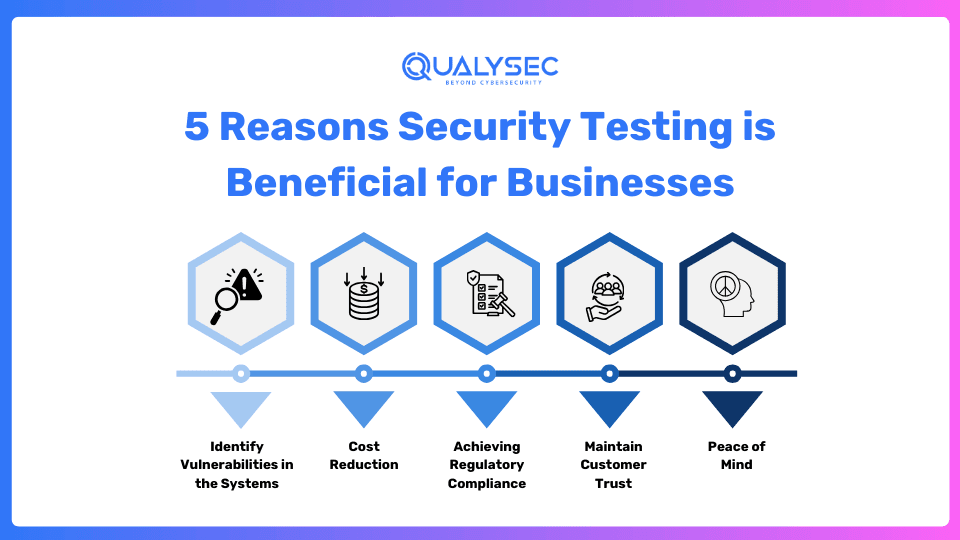
Security testing is an important part of the software development life cycle (SDLC) and is used to find security issues in the systems to prevent cyberattacks. In addition, here are a few reasons why you should conduct security testing services regularly:
1. Identify Vulnerabilities in the Systems
Security testing services identify vulnerabilities in networks, devices, applications, servers, etc. before hackers exploit them. Some common vulnerabilities include weak passwords, misconfigured systems, code errors, unpatched software, etc.
2. Cost Reduction
The phrase – prevention is better than cure, can be applied seamlessly in terms of cyberattacks. The cost of security testing services is much less than what you will be spending on recovery and remediation after a cyberattack. The average cost of a data breach in 2023 was 4.45 million USD, which is very high, depending on the type of company you are.
3. Achieving Regulatory Compliance
As per certain regulatory laws, you need to meet certain standards in order to prove that your company is safe to do business with. Standards like HIPPS, GDPR, PCI-DSS, ISO 27001, etc. require companies to do mandatory testing and audits of their systems. Failing to do so will result in hefty fines and penalties. Also, this testing should be done by a third-party certified security testing service provider, not the in-house technical team.
4. Maintain Customer Trust
Keeping your company’s reputation intact and maintaining the trust of your customers/clients is very crucial for businesses and security testing plays a very essential role in it. Getting security testing done is not only required for compliance but also signifies that you have a strong security system in place. This ensures that your company is safe to work with, increasing your customer base and maintaining their trust.
5. Peace of Mind
Getting security testing done on your applications, systems, and infrastructure helps in gaining peace of mind, knowing that they have tested for vulnerabilities. Finding and mitigating vulnerabilities will help protect sensitive data, finances, and overall business.
Different Types of Security Testing Services
Security experts and testers use a wide range of methods for security issues in software, network, or apps. These methods identify potential vulnerabilities, measure how likely these threats could be exploited, and evaluate the overall risks involved. Here are the common types of security testing services conducted by experts:
1. Vulnerability Scanning
Vulnerability scanning is an automated security testing service that identifies vulnerabilities present in devices, applications, and networks. Typically, automated vulnerability scanning is done regularly and not just on special events like changes to the system. This is a proactive process to find and fix vulnerabilities.
Vulnerability scanning can be further categorized based on the scope of the scan and how much they dig into the system.
- External Vulnerability Scan: It aims to detect vulnerabilities that attackers could exploit from outside a company’s network.
- Internal Vulnerability Scan: It aims to detect vulnerabilities that can be exploited by attackers who already have access to the internal network, like employees or contractors.
- Non-Intrusive Vulnerability Scan: Also called passive scanning, it involves observing a system’s security without actively engaging with it. This type of scan observes network traffic, analyses configurations, and examines publicly available information to find potential vulnerabilities.
- Intrusive Vulnerability Scan: On the other hand, intrusive vulnerability scanning involves actively engaging with the systems to discover vulnerabilities. Furthermore, this process may include sending specific data packets, trying to exploit vulnerabilities, and engaging with applications to simulate scenarios of real-world cyber-attacks.
2. Risk Assessment
Risk assessment is a method to identify and prioritize the organization’s or a project’s potential risks. It involves identifying threats that might harm the project. Furthermore, with risk assessment operations like threat modeling, you can determine the capabilities of a potential threat in exploiting weaknesses present in the project environment. In addition, this information can be used to prevent or stop the damage from most likely threats or to accept and live with smaller risks.
The risk assessment process includes:
- Finding all potential risks for the operation.
- Prioritizing risks based on their occurrence and their potential impact if they occurred.
- Performing qualitative risk analysis for risks with high priority.
- Performing quantitative risk analysis for risks with medium priority.
- Recommend security measures to reduce the impact of risks.
3. Security Audits
Security audits review and assess applications or networks to verify their compliance with regulatory standards and company policies. In this method, the system or network is examined in a systematic and detailed way to find any vulnerabilities. Usually, a security audit is carried out by an independent third-party security testing service provider.
Types of security audits include:
- Code review: Inspecting each line of code and manually checking security problems in the system like buffer overflow or SQL injection, etc.
- Fuzz Testing: Finding faults present in the system by injecting random data like SQL injection or crypto weakness, etc.
- Penetration Testing: Simulating real-world cyberattacks on systems to find vulnerabilities present in the system.
4. Penetration Testing
Penetration testing o pentesting is a testing method that simulates real-time cyberattacks to identify vulnerabilities present in the software, systems, applications, and networks. It must be performed by a trusted and certified third-party security testing service provider for accurate results.
This method not only showcases whether vulnerabilities exist within a system but also determines the severity of the risks associated with these vulnerabilities. Unknown vulnerabilities like zero-day threats and business logic flaws can also be exposed through penetration testing.
Penetration testing is the most sought-after security testing method, not only to discover potential weaknesses but also to meet necessary compliance and regulatory requirements.
Are you looking for the best penetration testing service provider? Contact Qualysec Technologies now!
Talk to our Cybersecurity Expert to discuss your specific needs and how we can help your business.
5. Source Code Review
Also known as source code analysis, this method verifies if the code matches the specifications. It is a vital part of the software development life cycle (SDLC) that involves looking for errors and vulnerabilities in the code.
It is usually done by an independent security testing service provider rather than the development team. The security experts identify and report potential security issues to improve the quality of the product.
7 Factors to Consider Before Choosing the Right Security Testing Service Provider
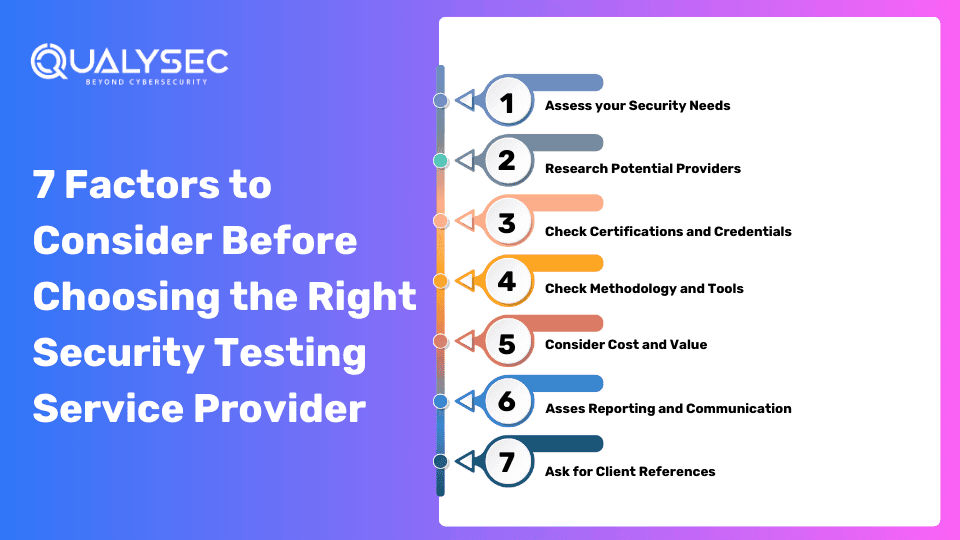
Security testing is an essential part of any software development process, which often business owners ignore. No matter how strong your code or application is, it can easily get hacked with just a single line of code. Here are 7 things you need to check before you choose a security testing service provider.
1. Assess your Security Needs
Before you hire security experts, you should have a clear idea of what you need to protect and what you want to achieve with the testing. Think about your systems, network architecture, applications, data, and your users. Ask these questions to understand what you actually need:
- What are the most important assets of your business?
- What are the most likely risks and threats you face?
- What are the regulatory and industry standards you need to follow?
Once you know the answers to these questions, you can decide what type of security testing service will be right for you. Depending on your need, you can choose from penetration testing, vulnerability scanning, source code review, etc.
2. Research Potential Providers
With thorough research, create a list of potential security testing service providers. You can use a variety of resources such as online platforms, industry forums, and recommendations from industry peers or trusted colleagues. Compare each provider’s reputation, experience, client testimonials, budget, etc. Look at whether they provide the type of security testing you need and whether they deliver high-quality testing services across different industries.
3. Check Certifications and Credentials
Depending on your security requirement, look for a security testing service provider that has the necessary certifications such as CREST (CPSA, CRT, and CCT), PCI, and ISO 27001. The provider should have a diverse range of cross-sector backgrounds and should know the latest industry-leading tools and techniques. Also, check that they provide a complete service, from compliance with industry standards to finding vulnerabilities.
4. Check Methodology and Tools
Review the methodologies and tools they use to conduct various security testing services. Ensure they follow the industry-standard frameworks and use the best practices for identifying vulnerabilities and threats.
Evaluate how they approach a testing method and whether they use automated scanning tools, manual testing methods, or both for their services. Look for a provider who uses a diverse range of tools and techniques to find security issues that can be exploited by hackers.
5. Consider Cost and Value
While the cost is a huge factor, prioritize value over the price while choosing the right security testing service provider. Compare the pricing structure of different providers and the service value they offer. Compare the depth of testing, expertise of the team, quality of reporting, and remediation support offered by each provider.
The cheapest provider might save you some money but may result in weak testing methods where you may not find the right number of vulnerabilities. Always go for the provider that offers cutting-edge testing services with reasonable pricing.
6. Asses Reporting and Communication
Check how the security testing service provider communicates and makes their reports. Ask for sample reports to check the clarity, depth, and helpfulness of their findings. Ensure the report offers detailed insights about identified vulnerabilities, including their risk levels and remediation methods.
Communication is a major factor to consider as you will be working together for the security of your company. Check the communication channels they use and how well they respond to fix your concerns. Transparent reporting and effective communication are essential for understanding potential risks and implementing necessary remediation methods.
Latest Penetration Testing Report

7. Ask for Client References
From the shortlisted security testing service providers, request client references and reach out to them for feedback. Ask them about their experience in working with the provider., such as how effective their testing process is and how they respond to your issues or concerns.
Client references and testimonials can provide valuable insights into how reliable, professional, and effective the security testing provider is. Gather feedback from multiple clients to have a good understanding of the provider’s strengths and weaknesses.
Why Choose Qualysec for Security Testing Services
At Qualysec Technologies, we believe security is not only about technologies but also for businesses. As a leading penetration testing company, we seamlessly integrate ourselves with your business to meet your security needs.
We have industry-best pentesters who use the latest tools and techniques to identify all the vulnerabilities present in your IT infrastructure. Along with remediation tips, Qualysec also provides the necessary technical support to fix all security issues.
Here are a few reasons why you should choose Qualysec as your security testing service provider, especially for penetration testing:
Hybrid Penetration Testing Approach
Experts at Qualysec use a combination of automation and manual testing techniques to discover both common and hidden vulnerabilities. Our experienced ethical hackers simulate real-world cyberattacks to find any security flaws that hackers could exploit and cause harm to your business.
Meet Regulatory Compliance
Certain regulatory bodies, based on the industry, make it compulsory for companies to conduct security tests such as GDPR, PCI DSS, and ISO 27001. Qualysec allows organizations to meet these necessary industry standards by offering penetration testing reports. The report signifies that your organization is safe to work with and maintains a secure database.
Detailed Reporting
Penetration testing reports from Qualysec are comprehensive and extensive. It not only provides the list of vulnerabilities found but also tips on how to address them effectively. Our level of detailing helps businesses to remove potential risks and enhance their security posture.
Proven Track Record
We have successfully secured over 350 web applications without a single data breach. Our testimonials are proof of why we provide the best security testing service and why we are experts in the field of penetration testing. Go through our testimonials to know the experience of working with us.
From pricing and reporting to quality of service, Qualysec Technologies excels in every field. We have a dedicated team of expert pentesters that has all the experience to meet all your security needs. Learn more from our website. Contact us today to fix an appointment!
Conclusion
Often companies are not aware that their online business is vulnerable to numerous security threats. By choosing the right security testing services and provider, you can boost digital security and business performance. With proper security testing, you can find and fix vulnerabilities in your systems before hackers or attackers do for their gain.
Prevent or minimize the damage of cyber-attacks and data breaches, avoid penalties by complying with industry laws and regulations, and enhance your reputation and trust among clients/customers by appointing the right security testing provider. Choose Qualysec for the best penetration testing service now and we’ll be happy to help you with all your security concerns!
FAQs
Q: What is security testing?
A: Security testing is a comprehensive process of checking software, networks, and other digital assets systematically for security issues. There are multiple types of security testing that serve different purposes which businesses can choose from as per their requirements.
Q: What are the different types of security testing services?
A: Common types of security testing services conducted by experts include:
- Vulnerability Scanning
- Penetration Testing
- Risk Assessment
- Security Audits
- Source Code Review
Q: Who performs security testing?
A: Security testing is (and must be) performed by a trusted and certified third-party security expert. It checks how strong the current security measures are against potential attacks and detect the flaws through which cyber-attacks could happen.
Q: Who is the best security testing service provider?
A: Qualysec Technologies is a leading security testing provider, specializing in vulnerability assessment and penetration testing. We have a proven track record of securing over 350 web applications without a single data breach. We offer detailed test reports and remediation tips along with technical support for all security concerns.









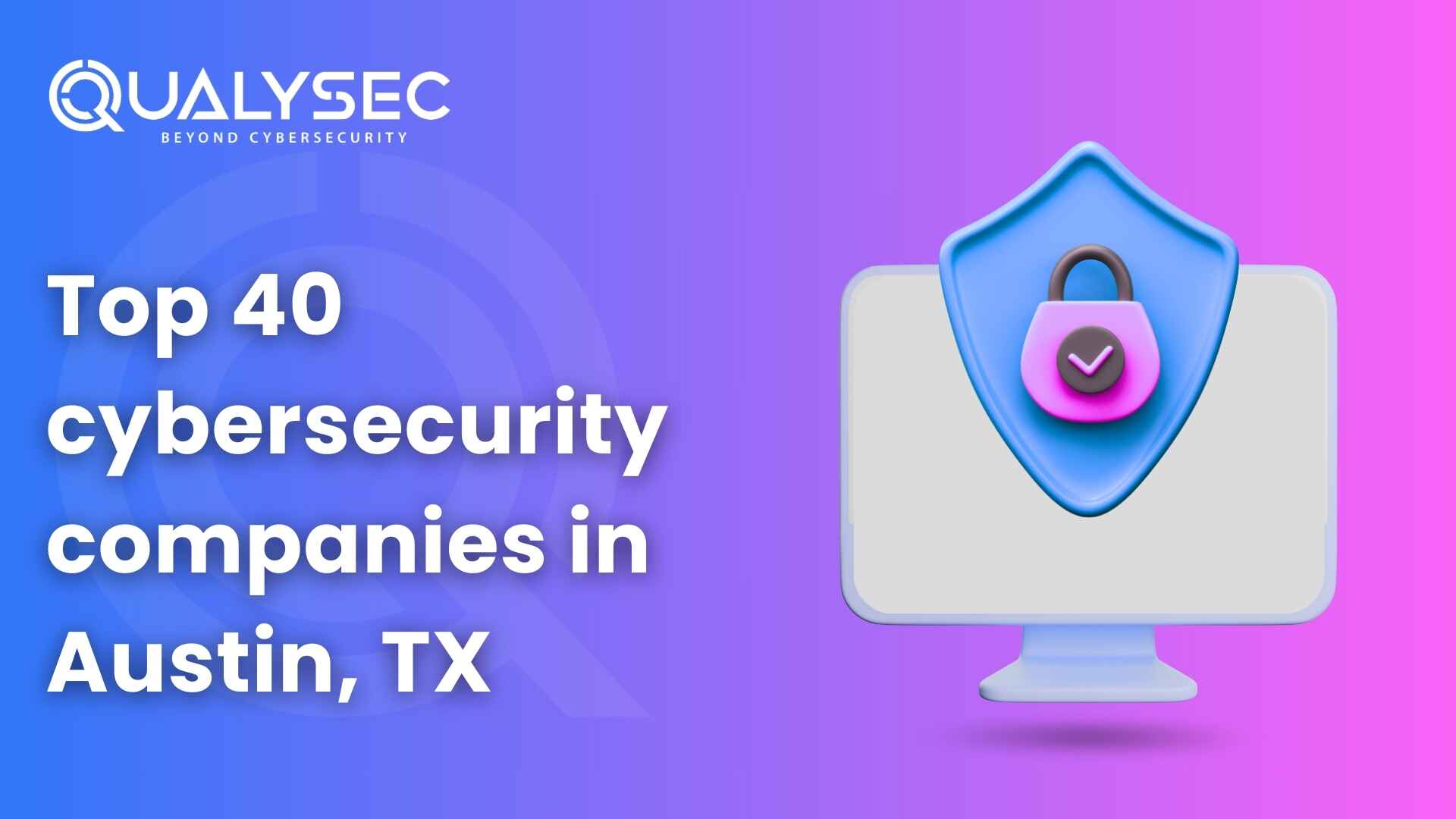
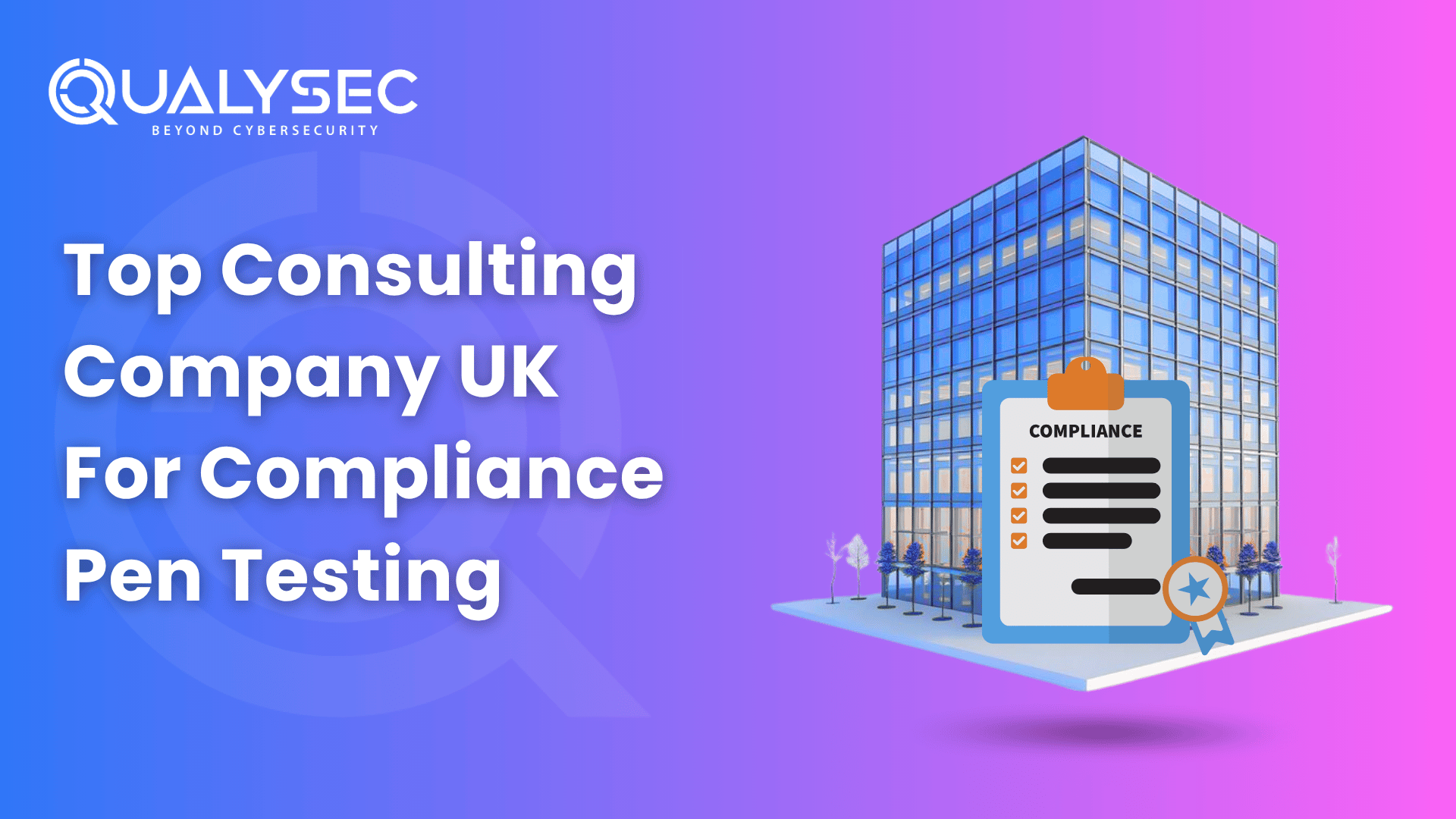
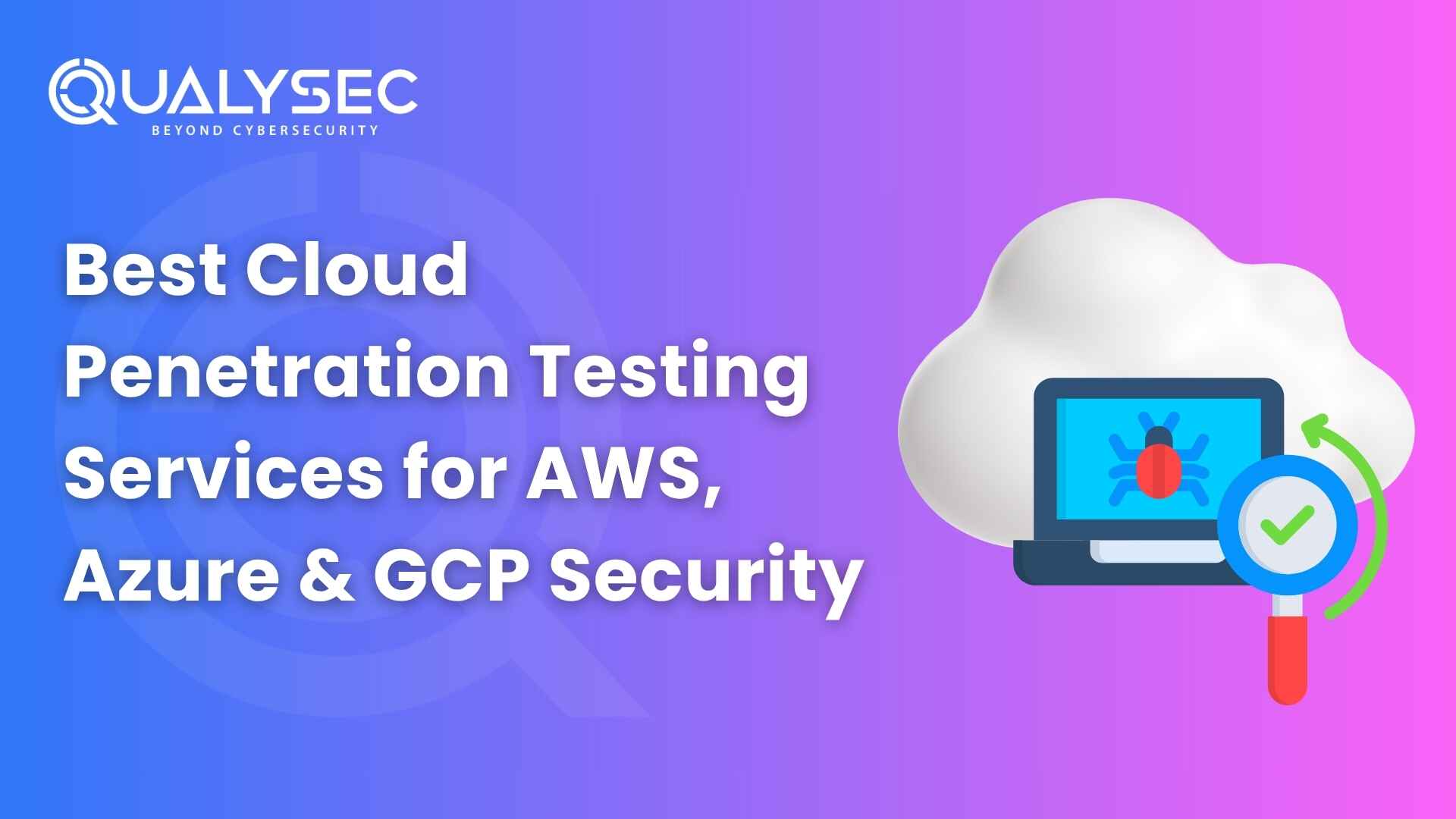
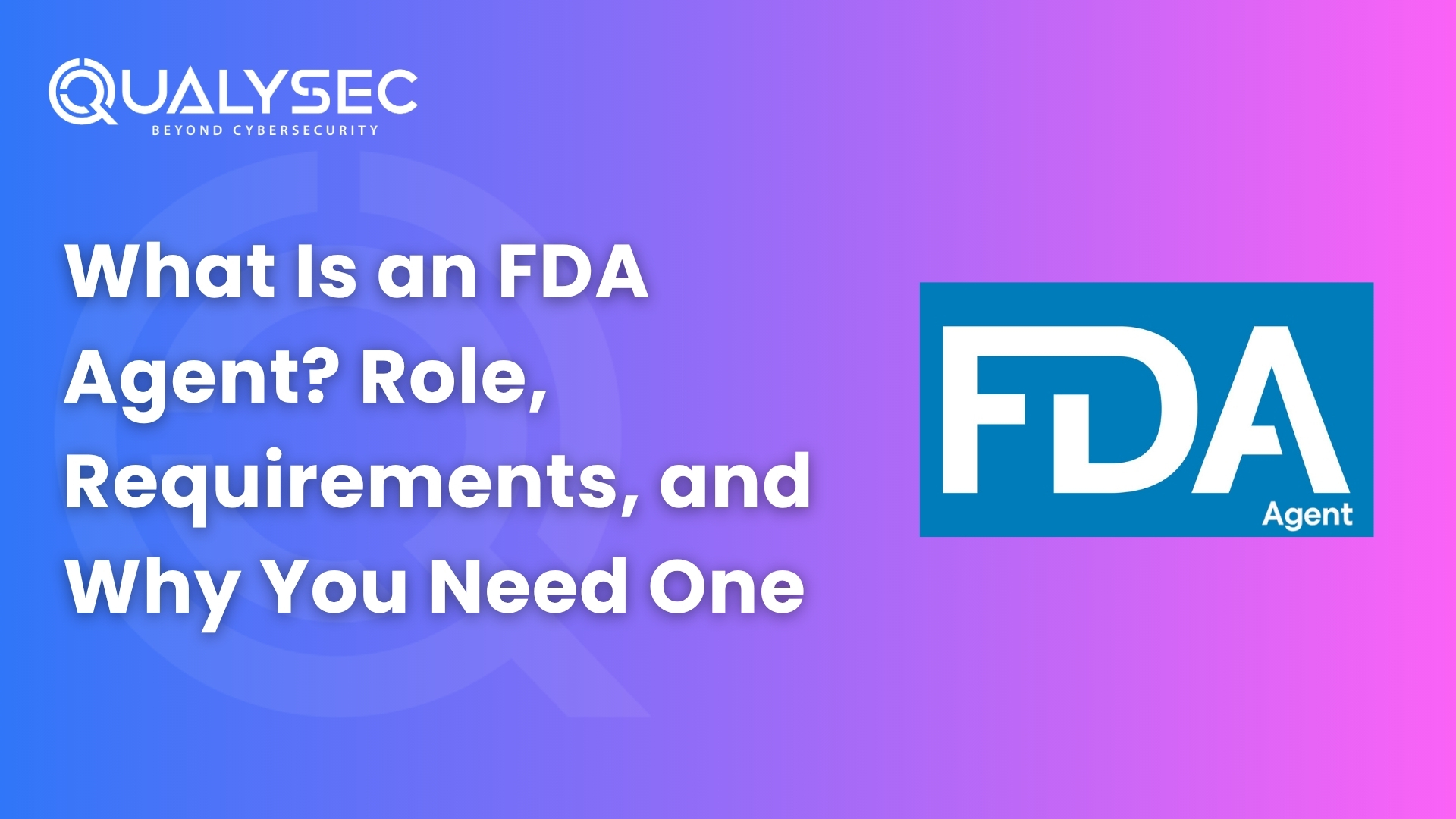
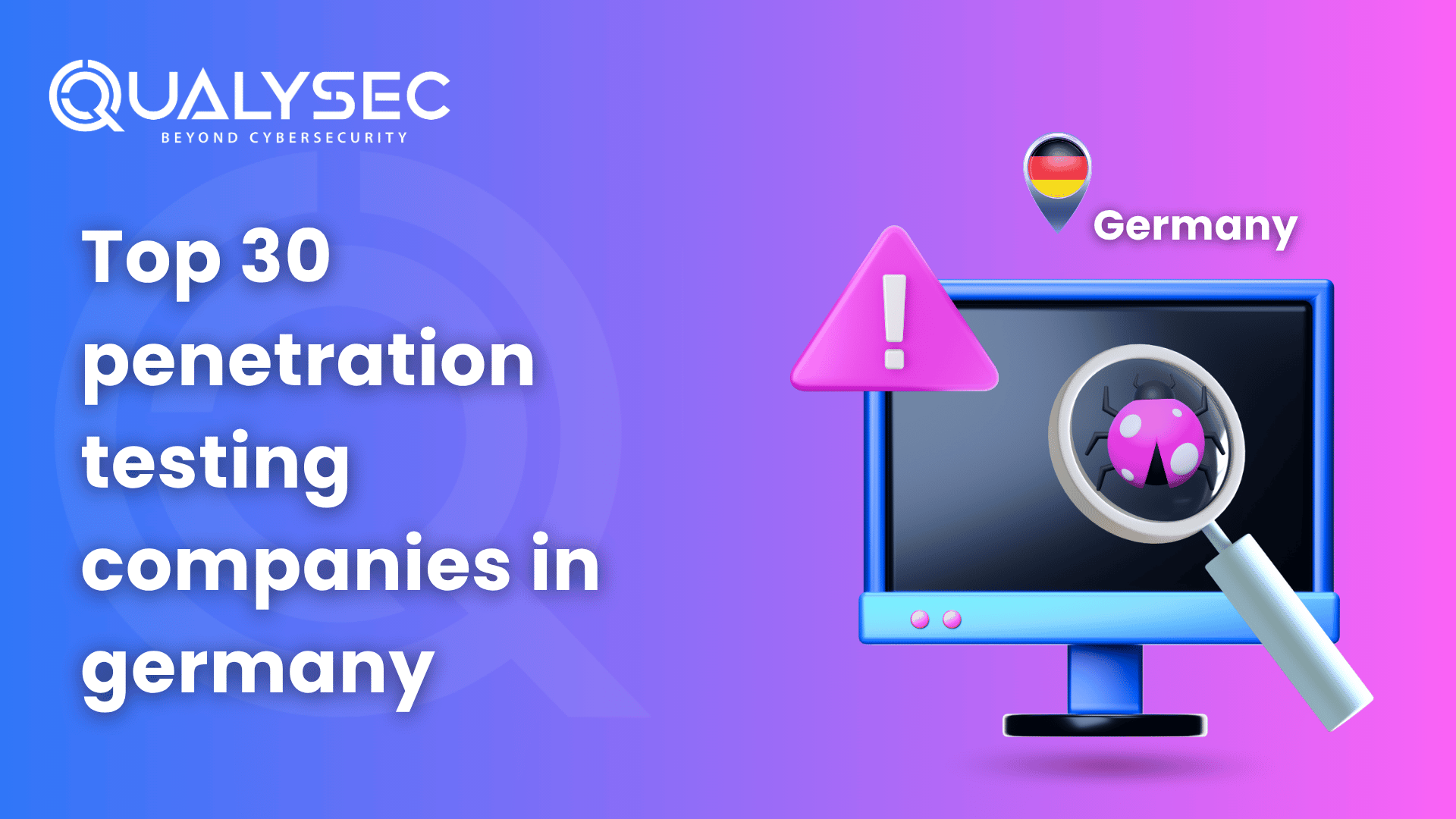
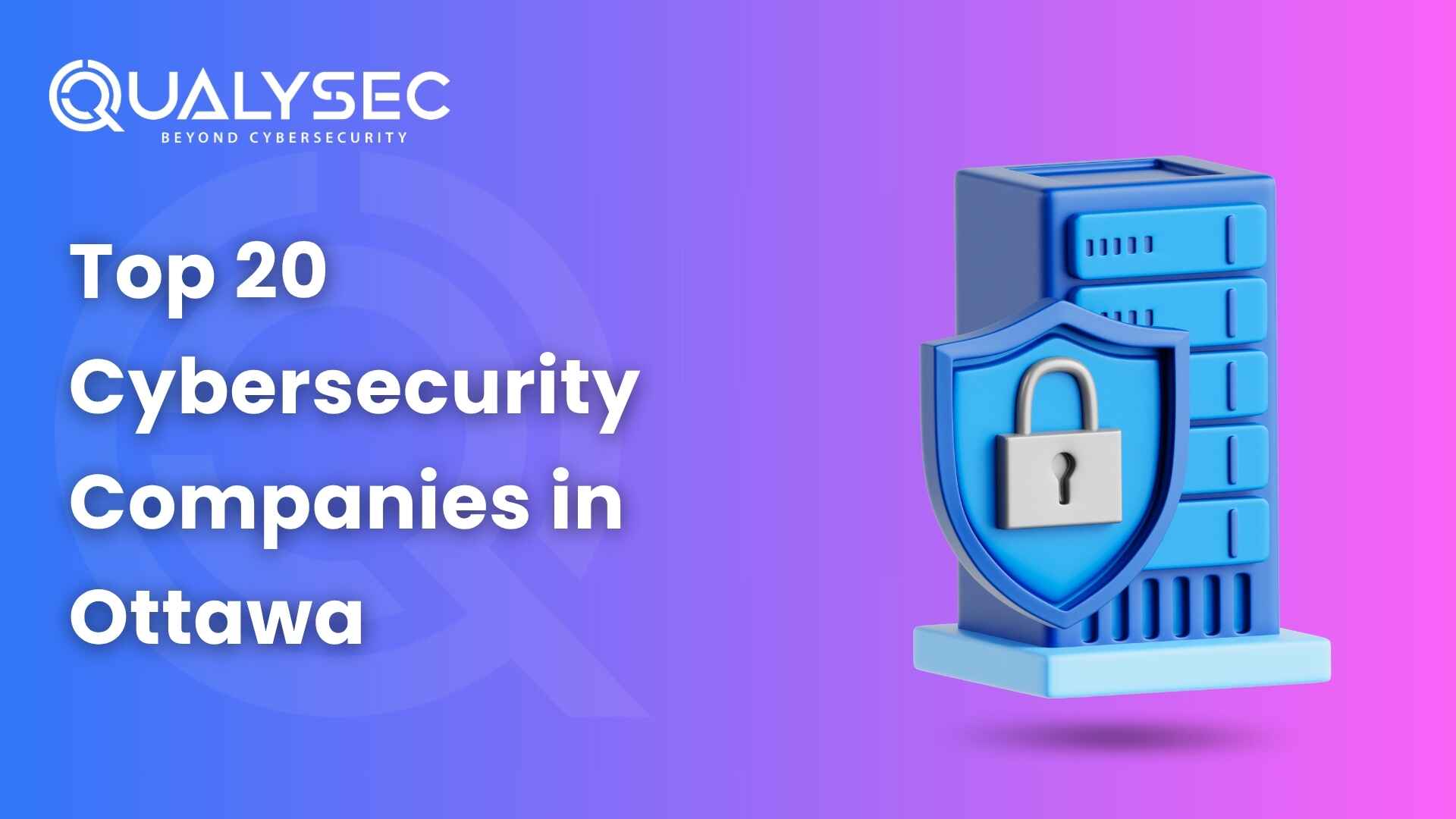
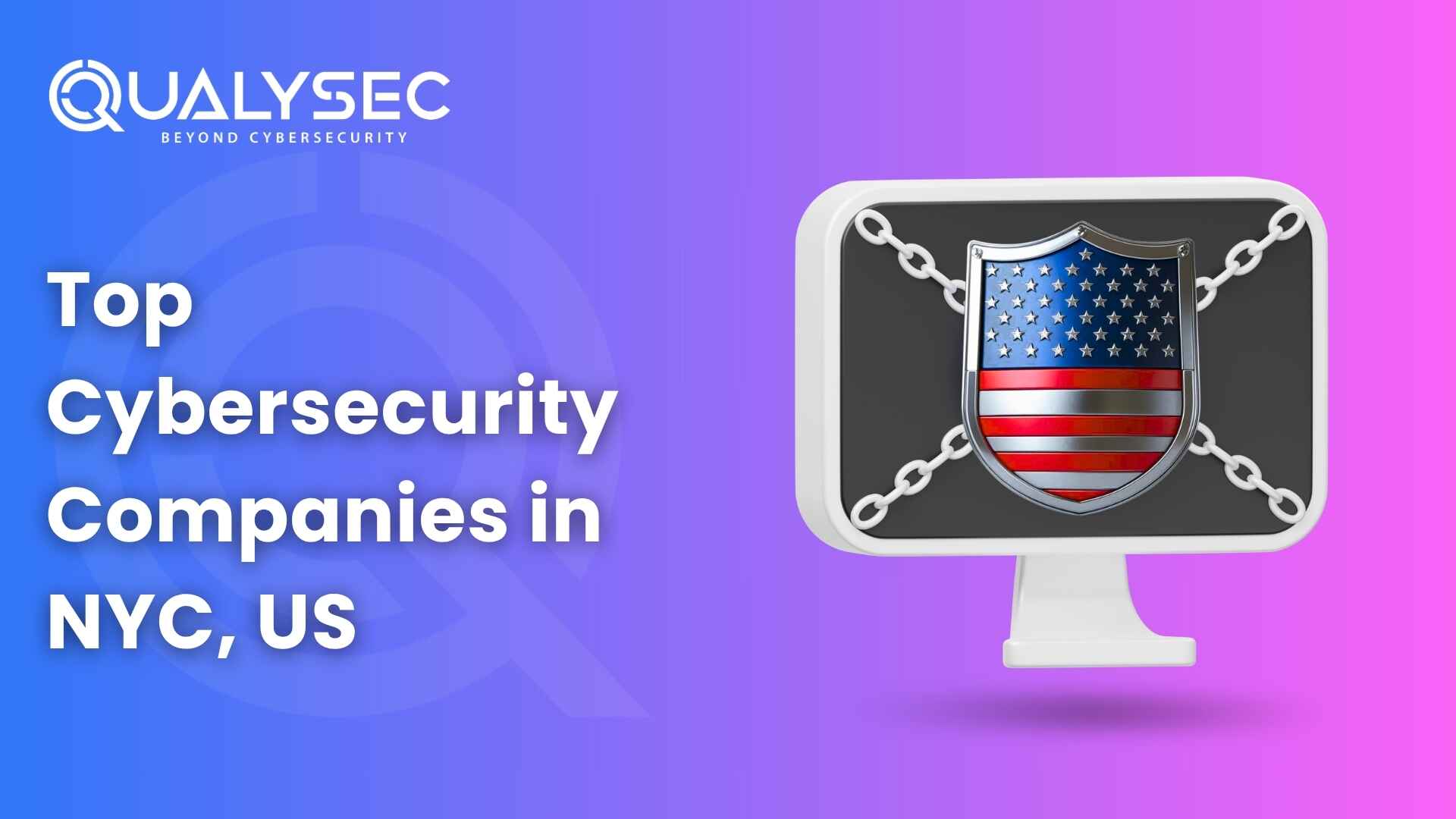

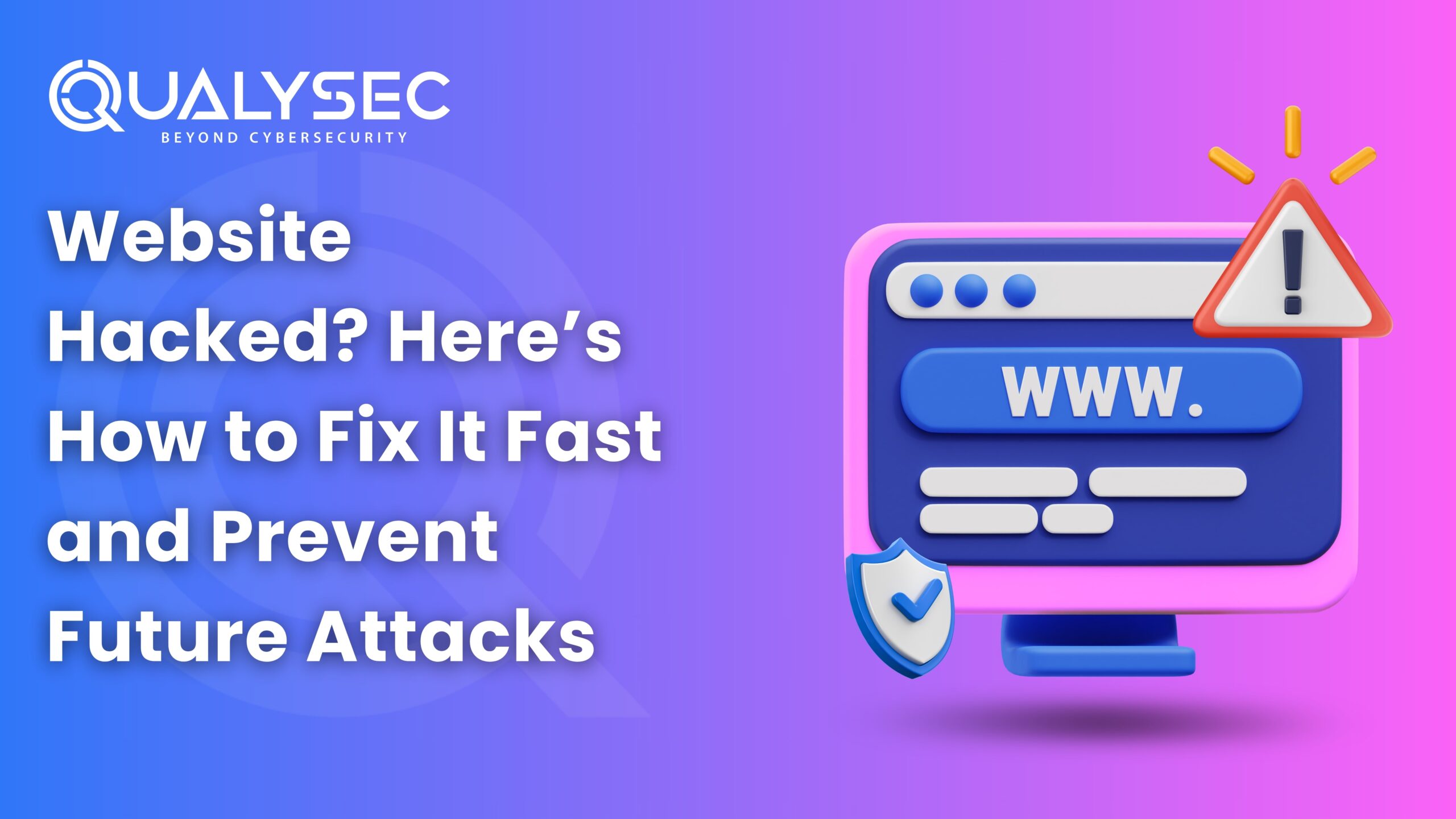
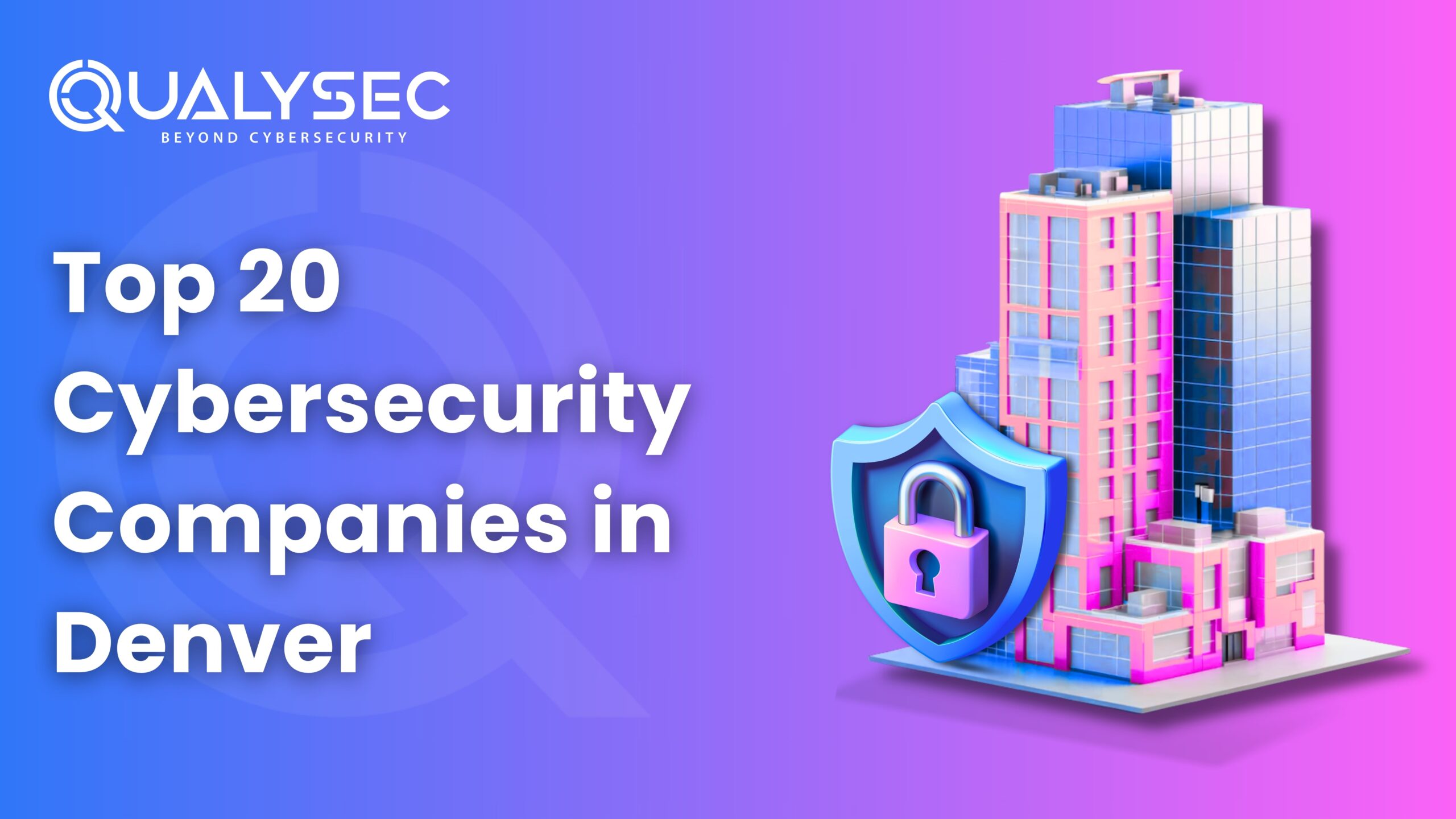
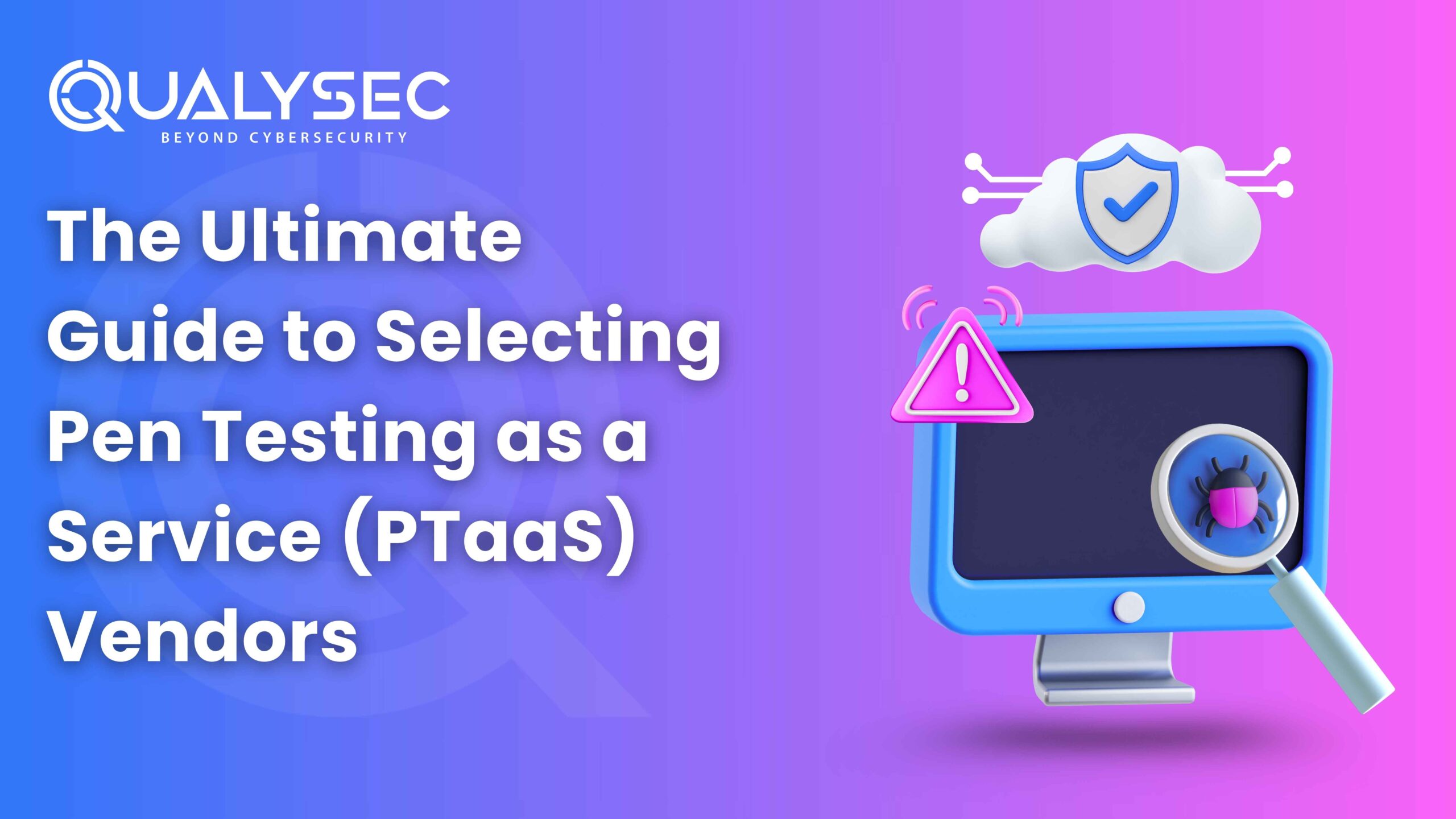
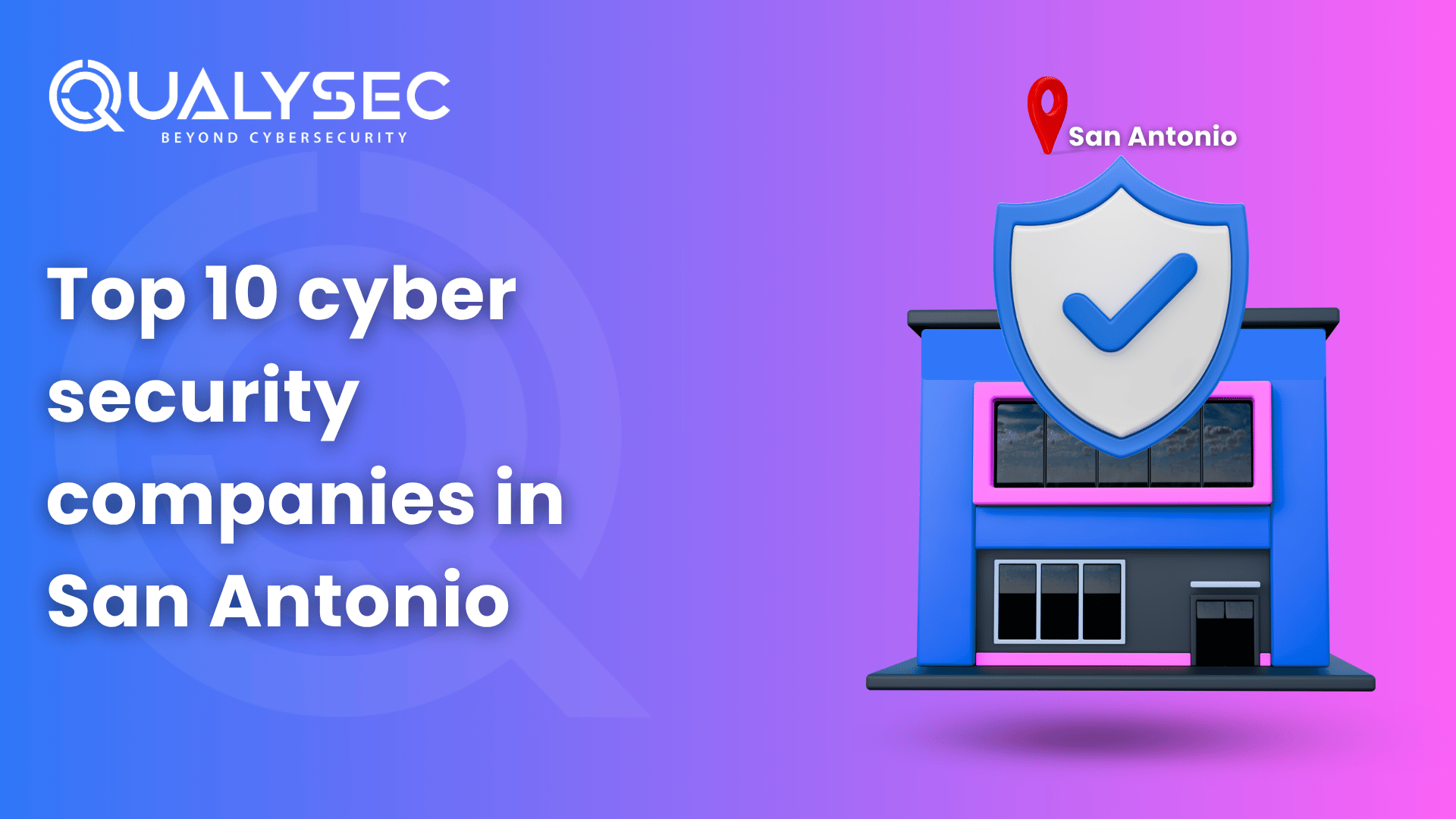
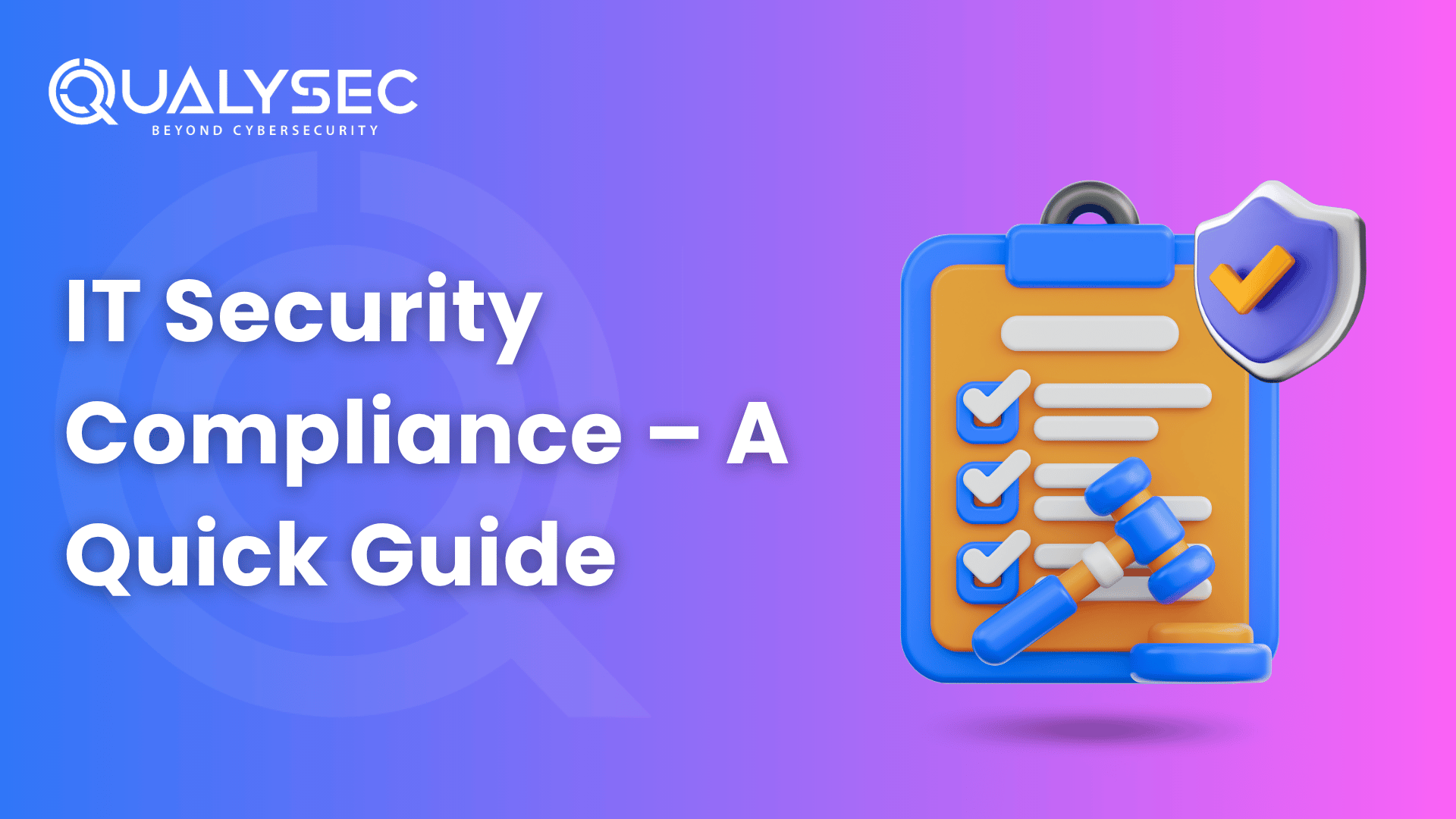
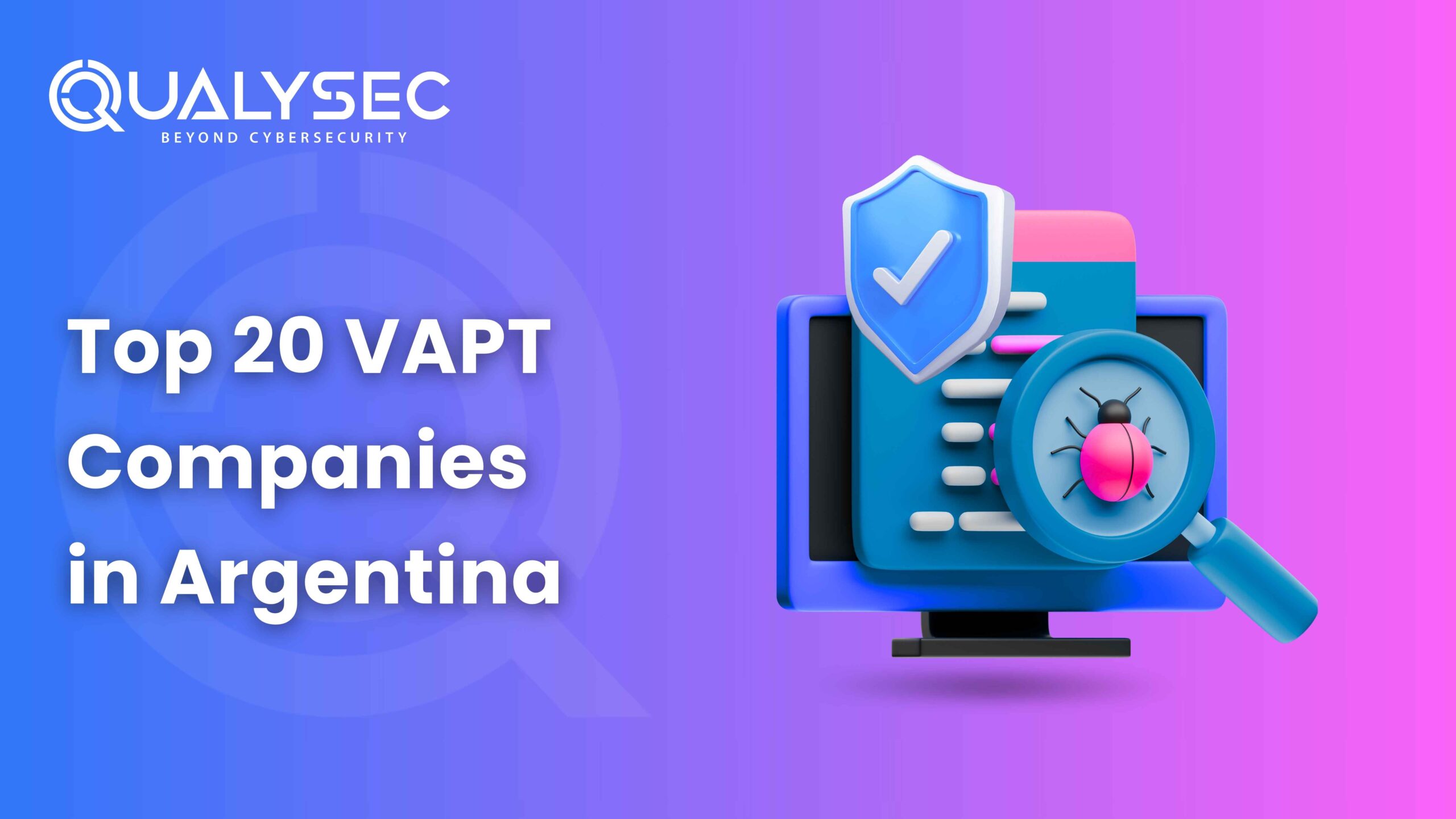
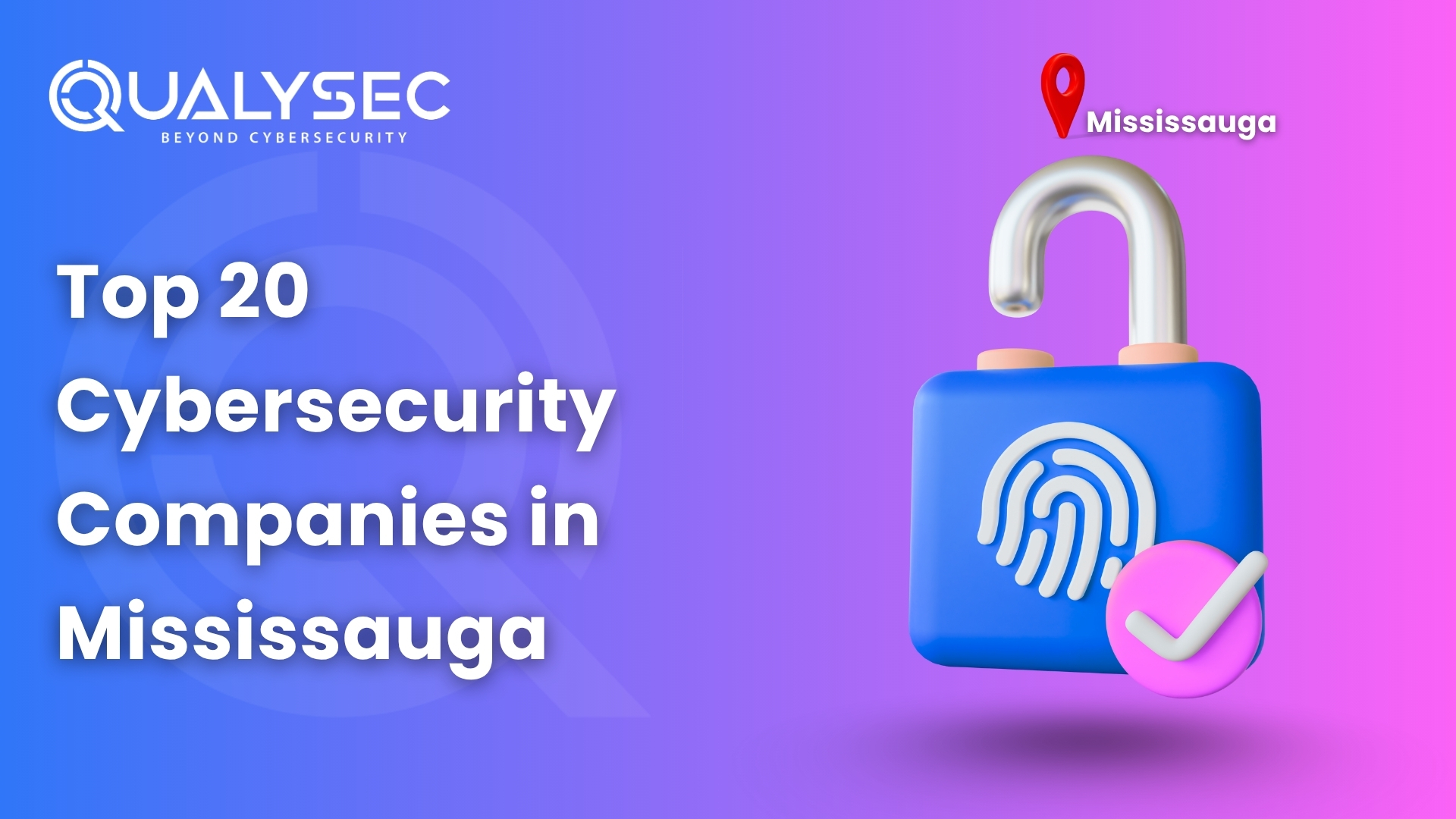


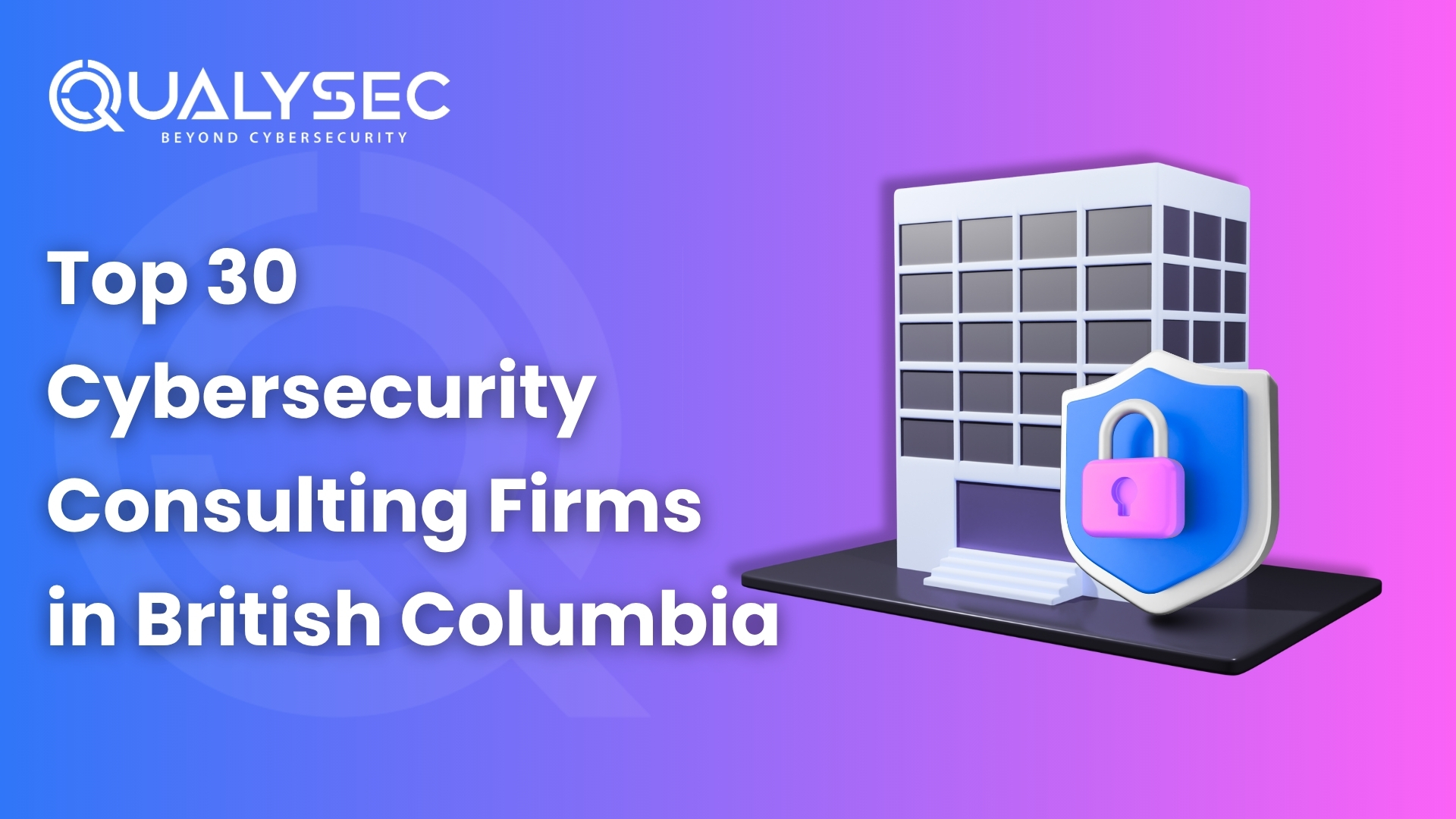

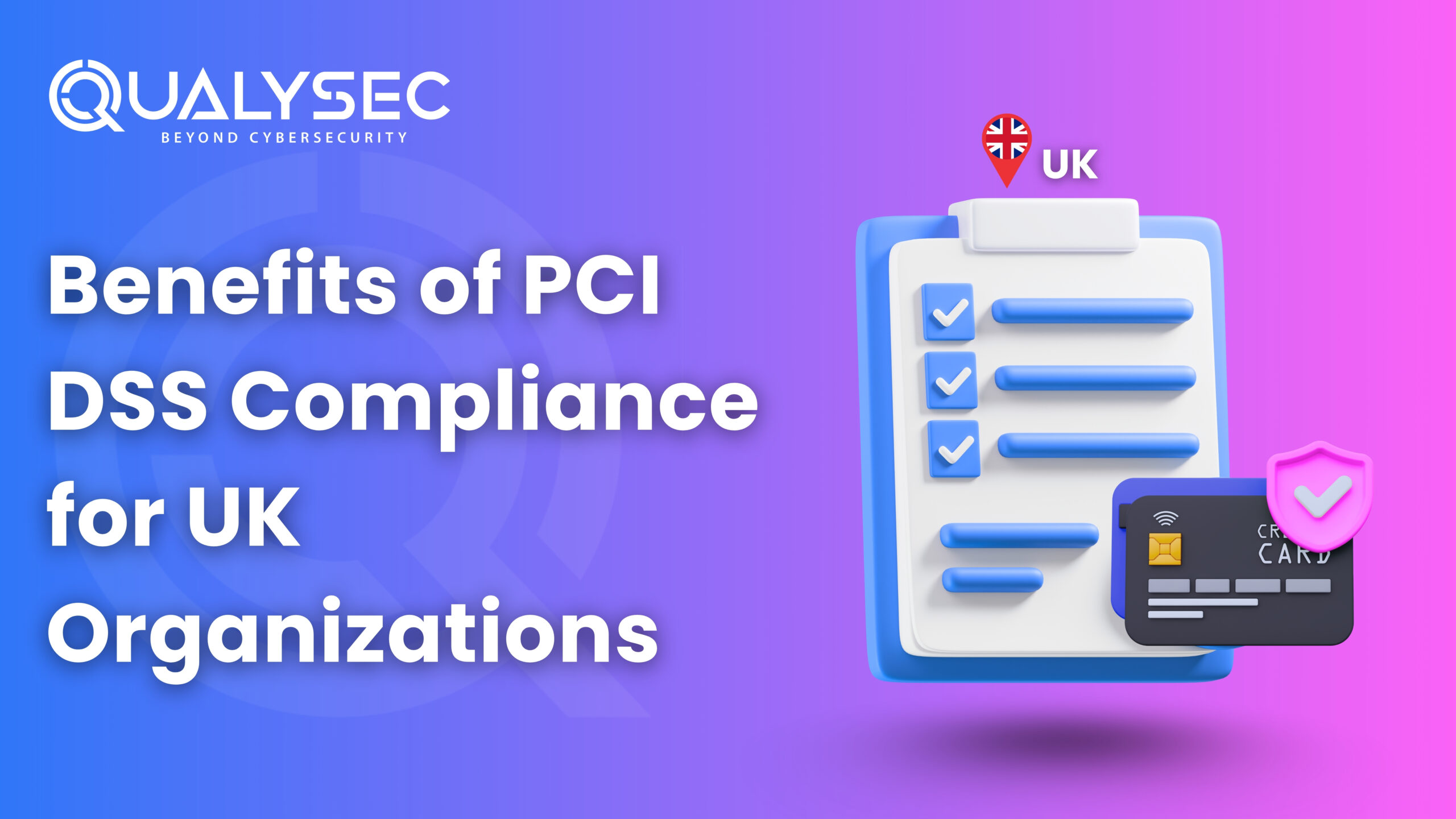

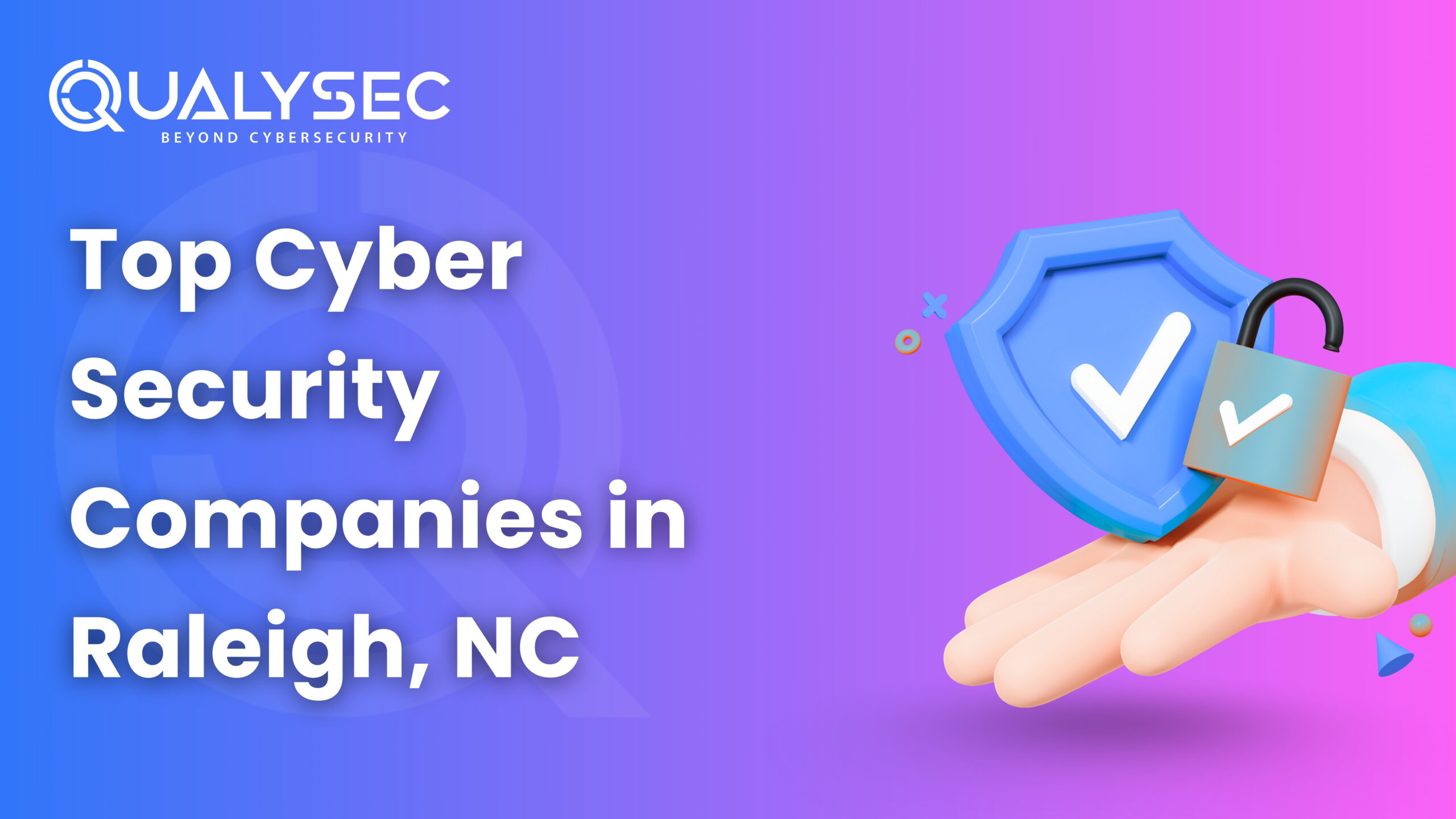
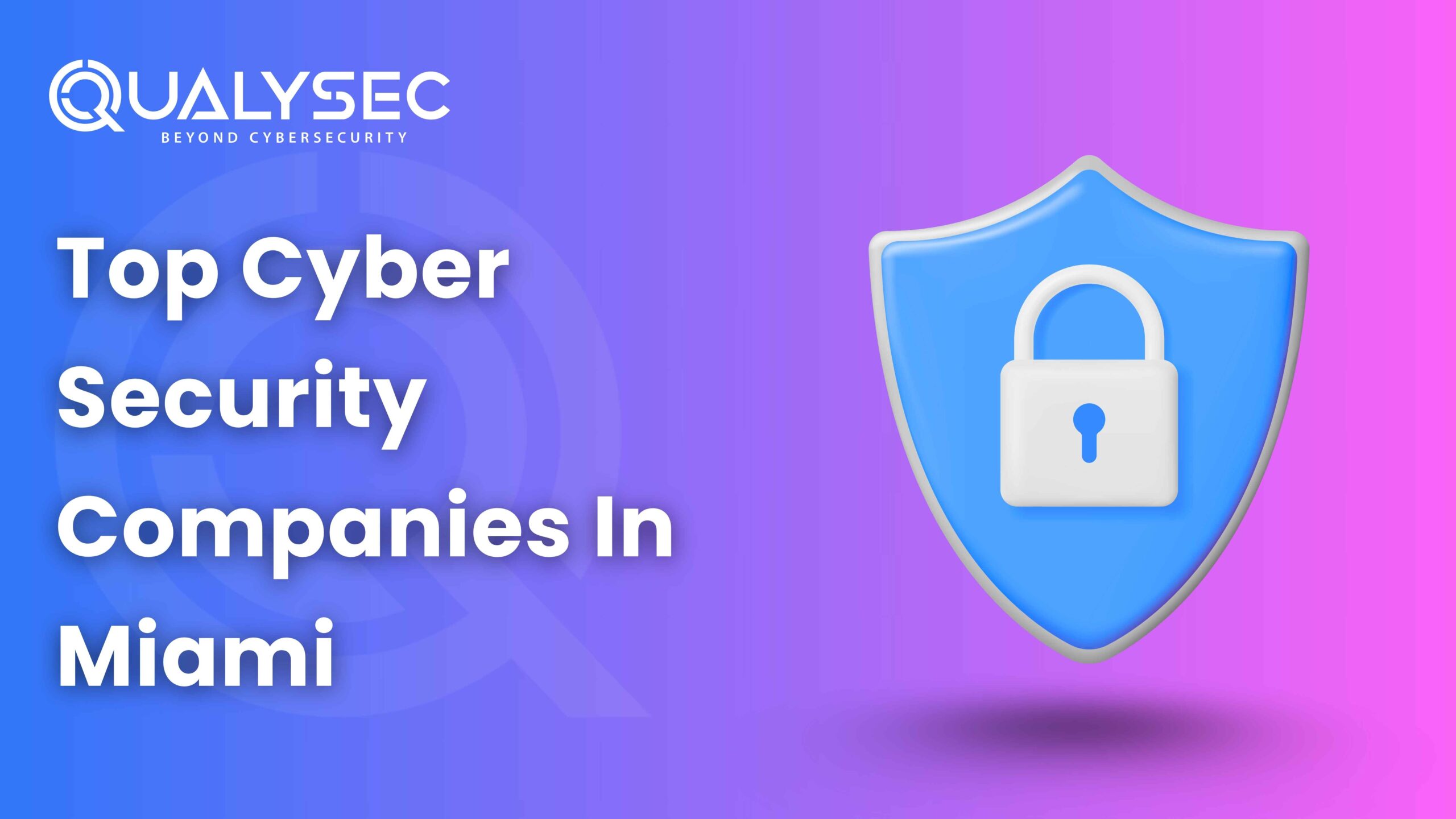

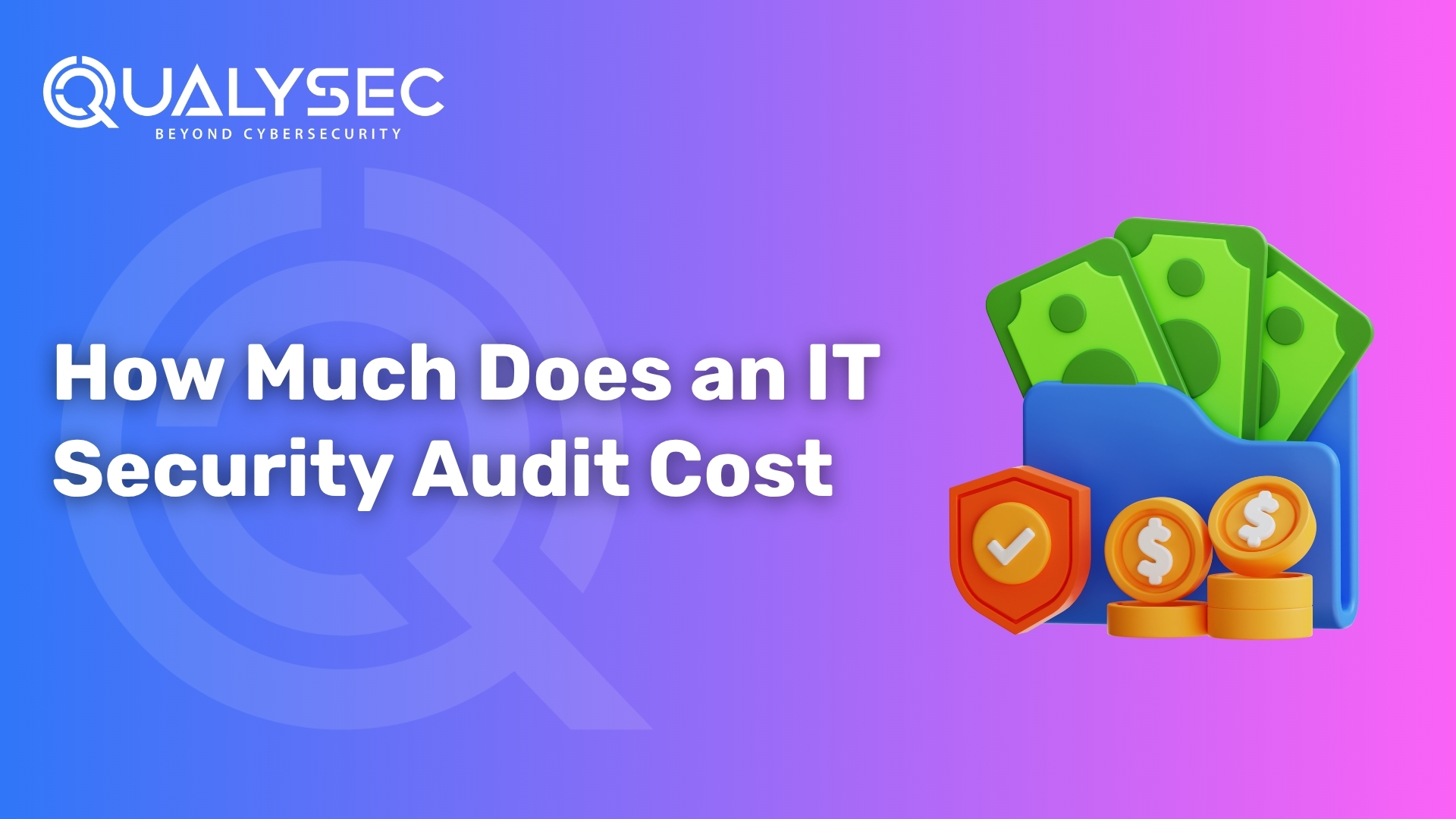

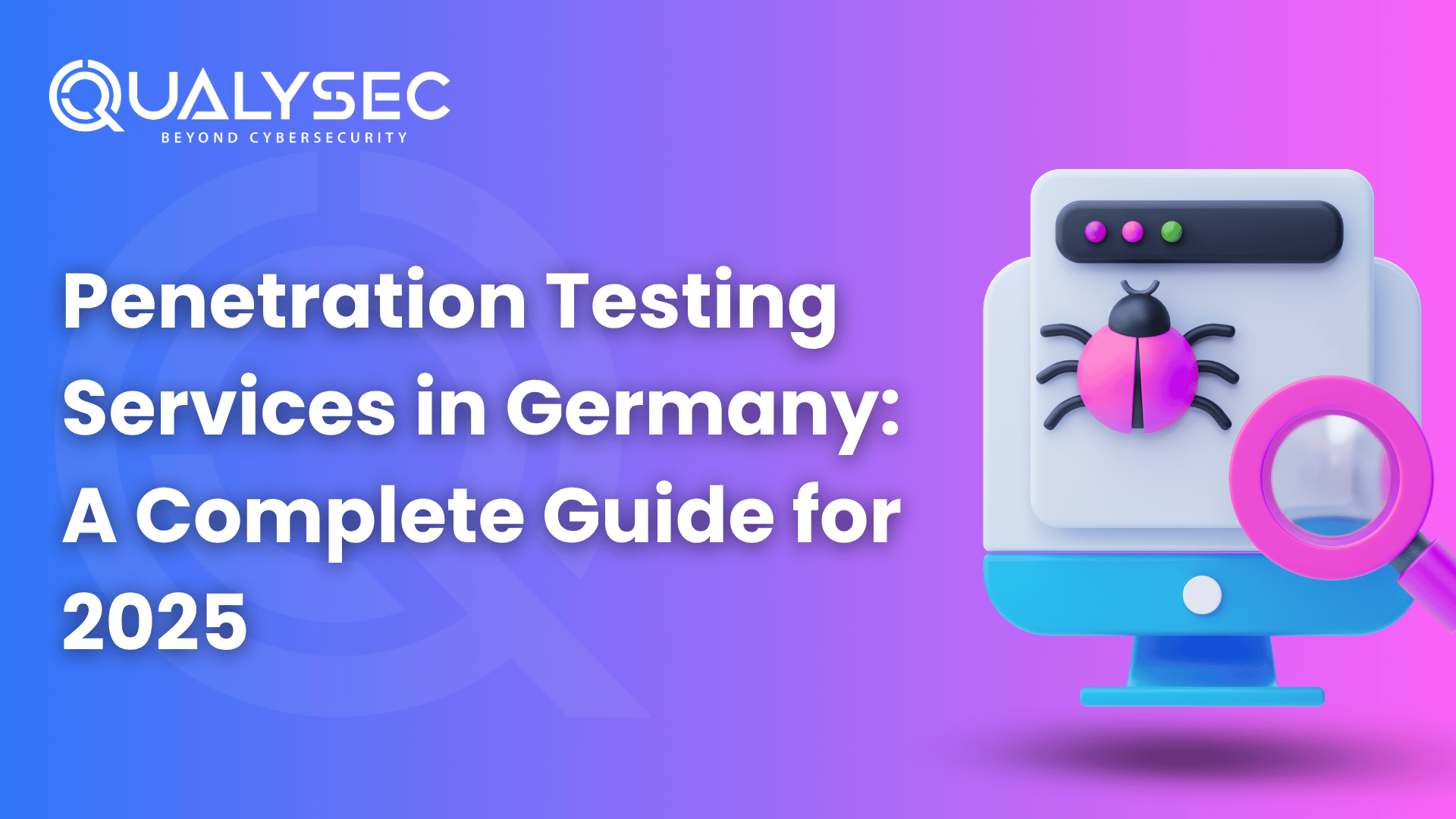
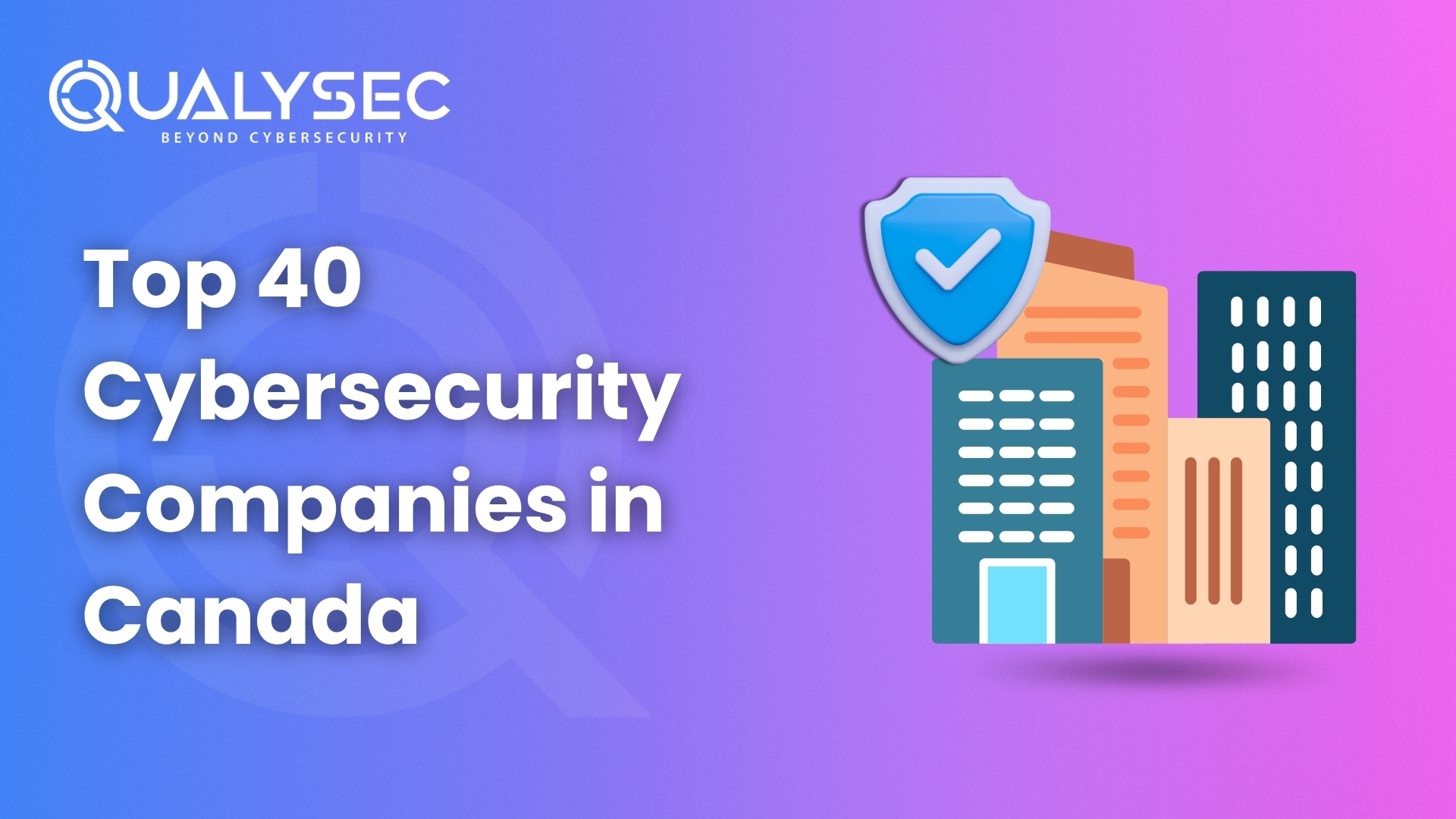
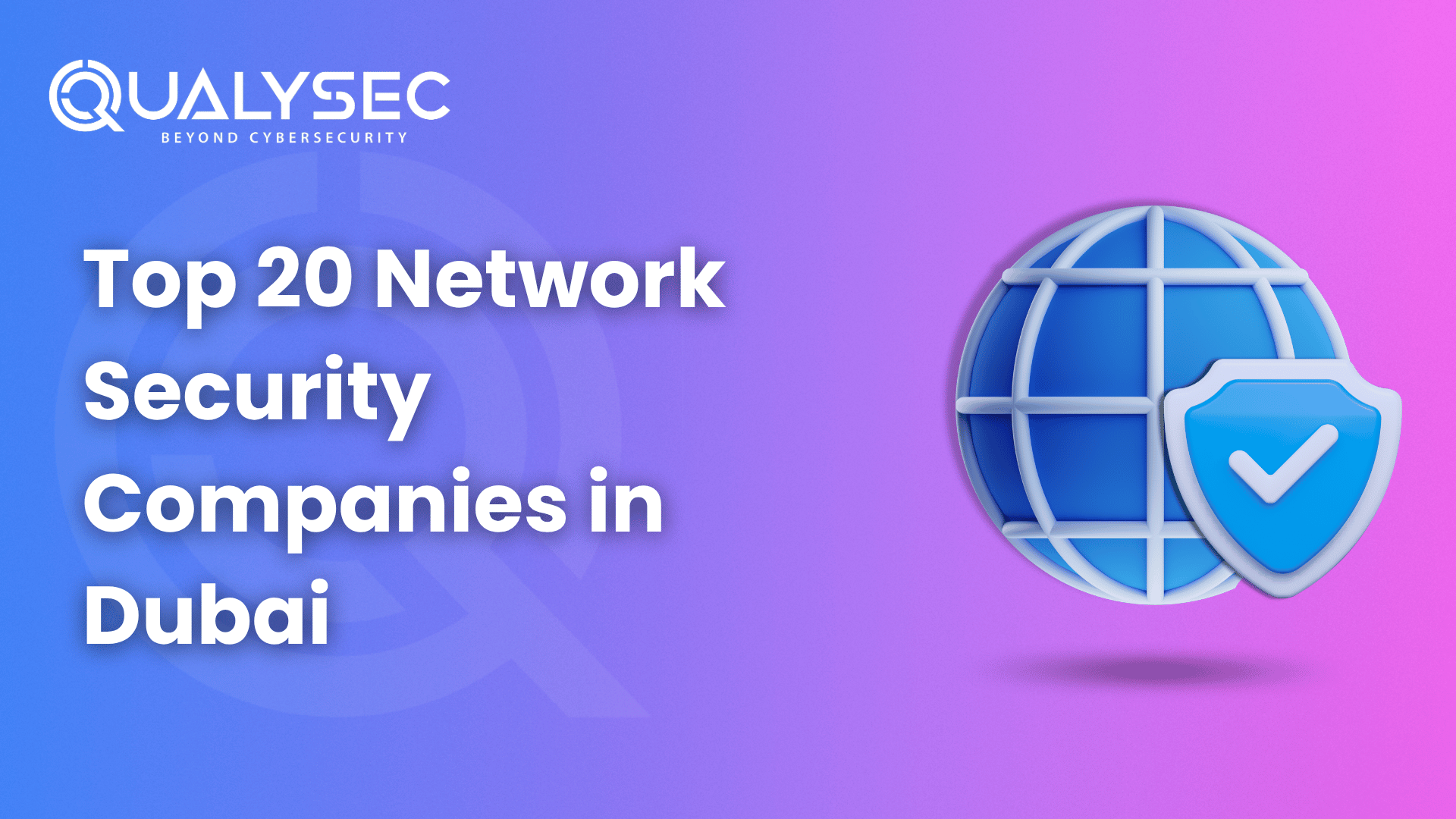
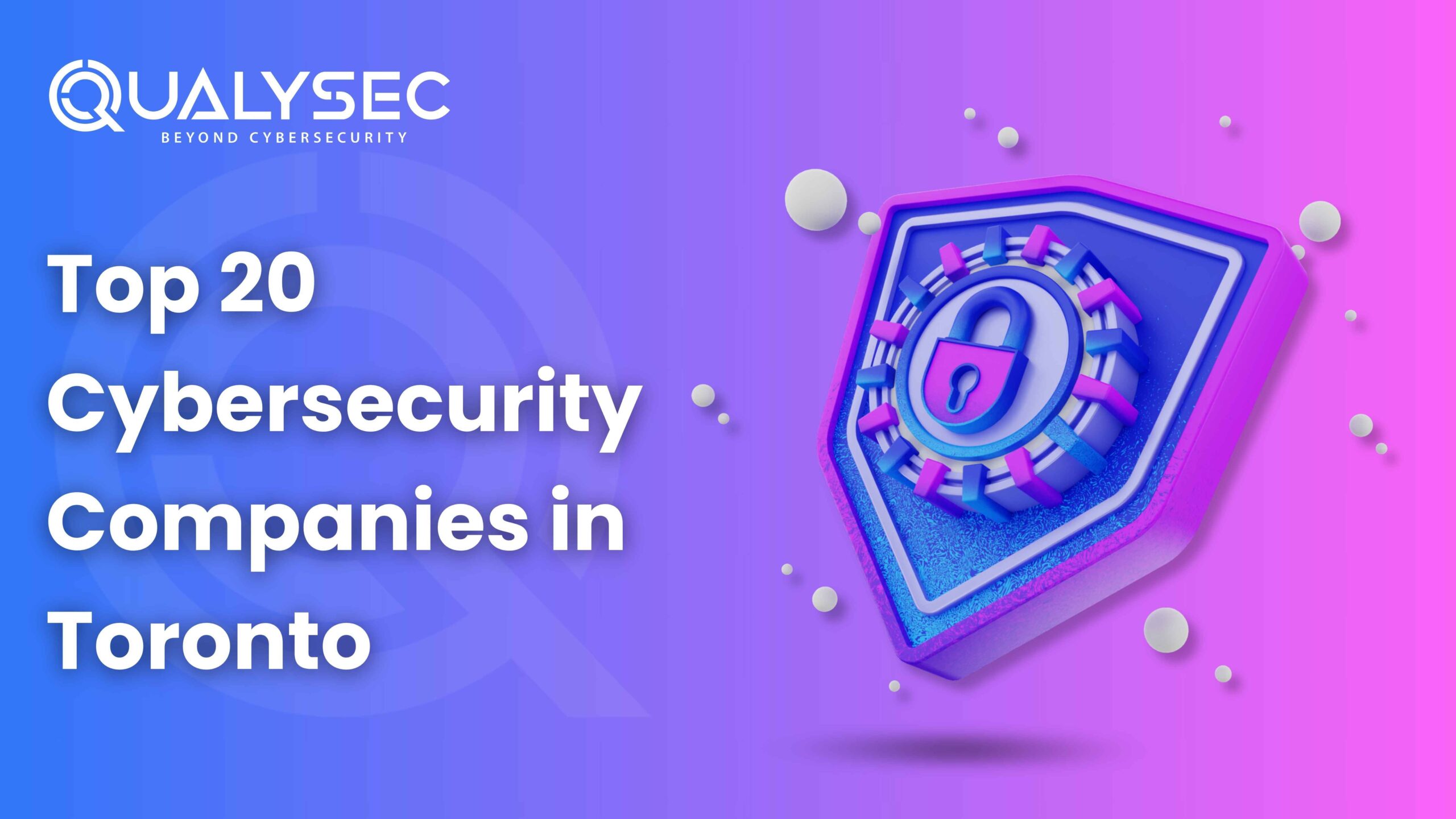
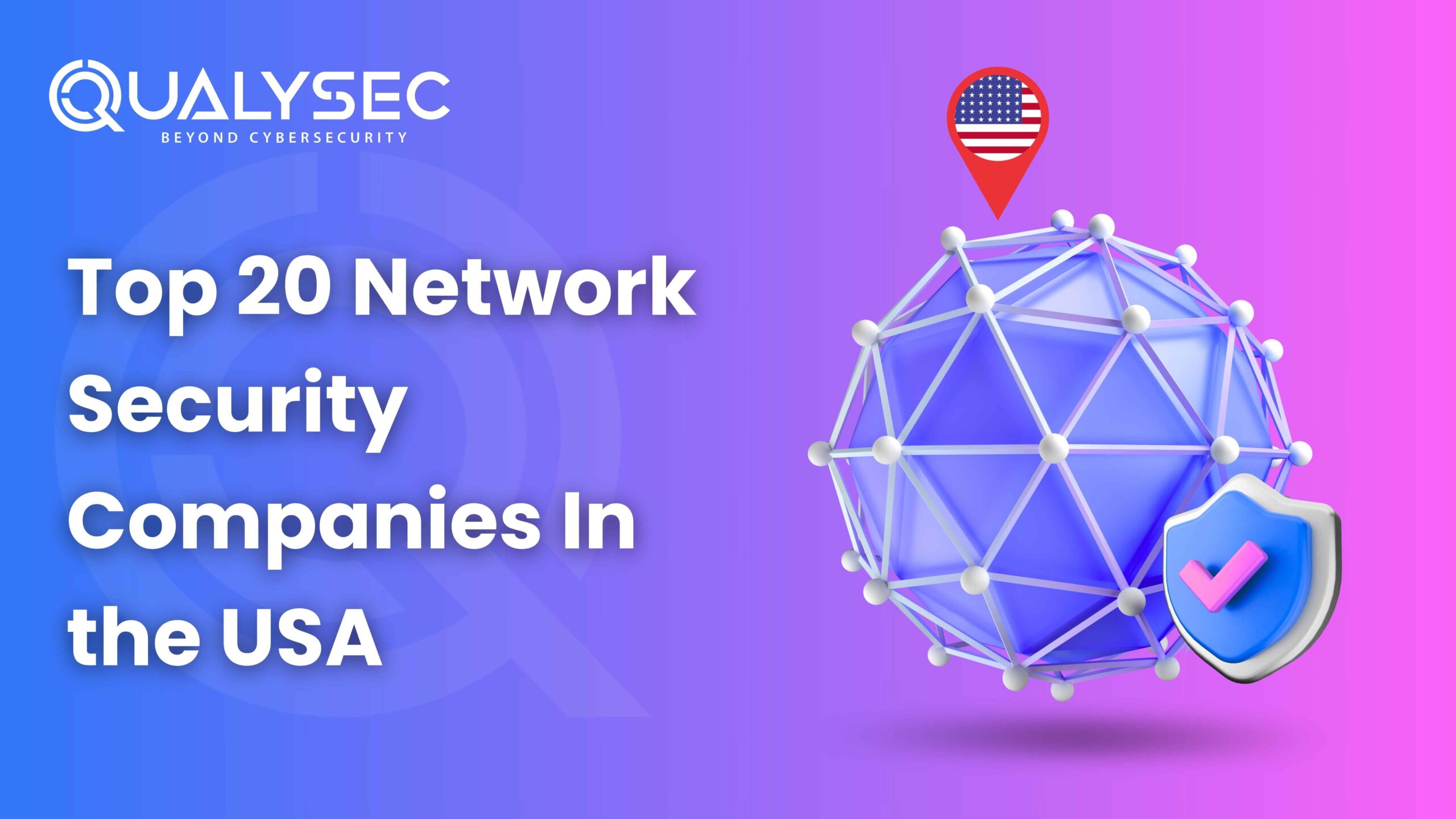
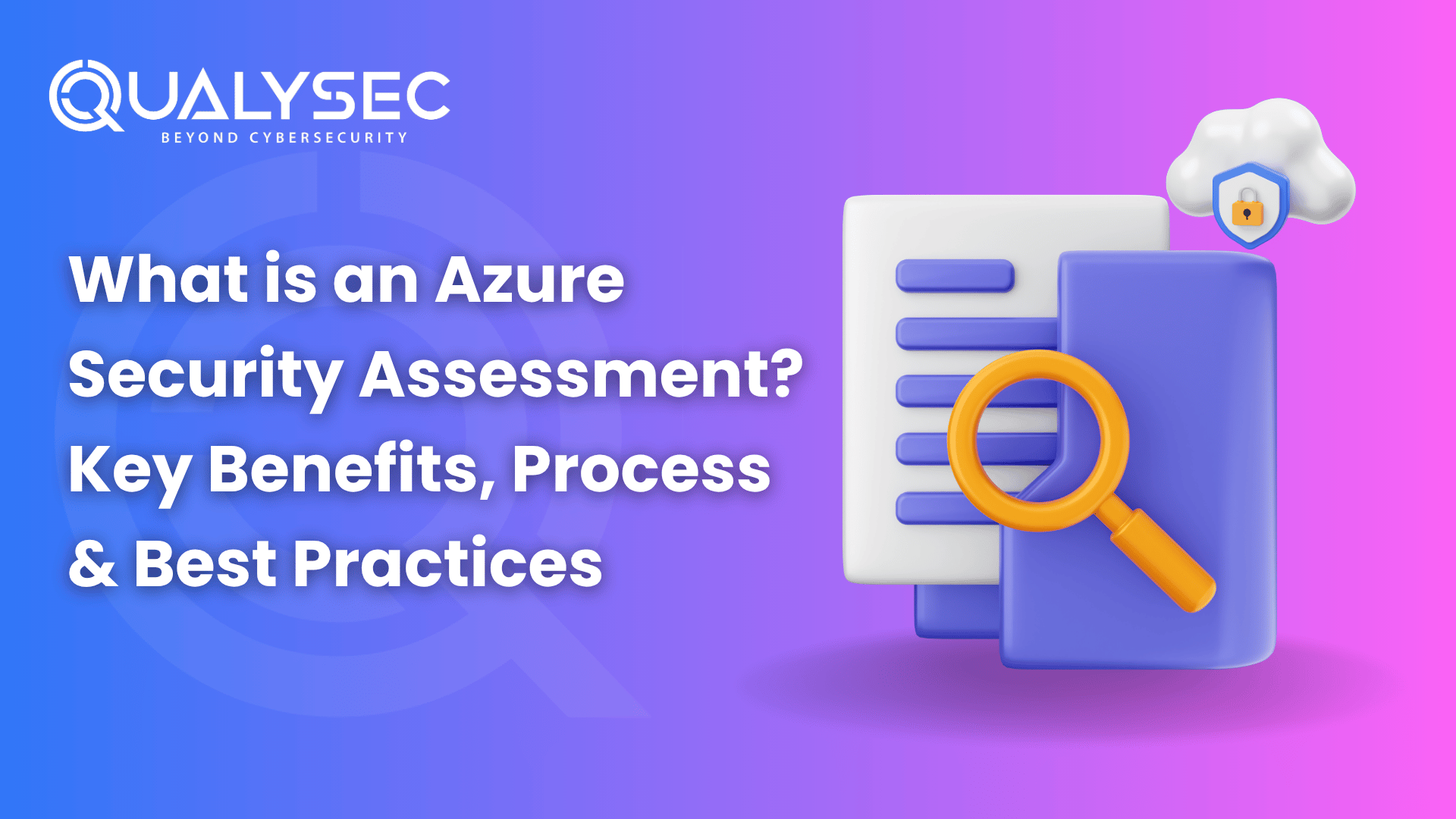
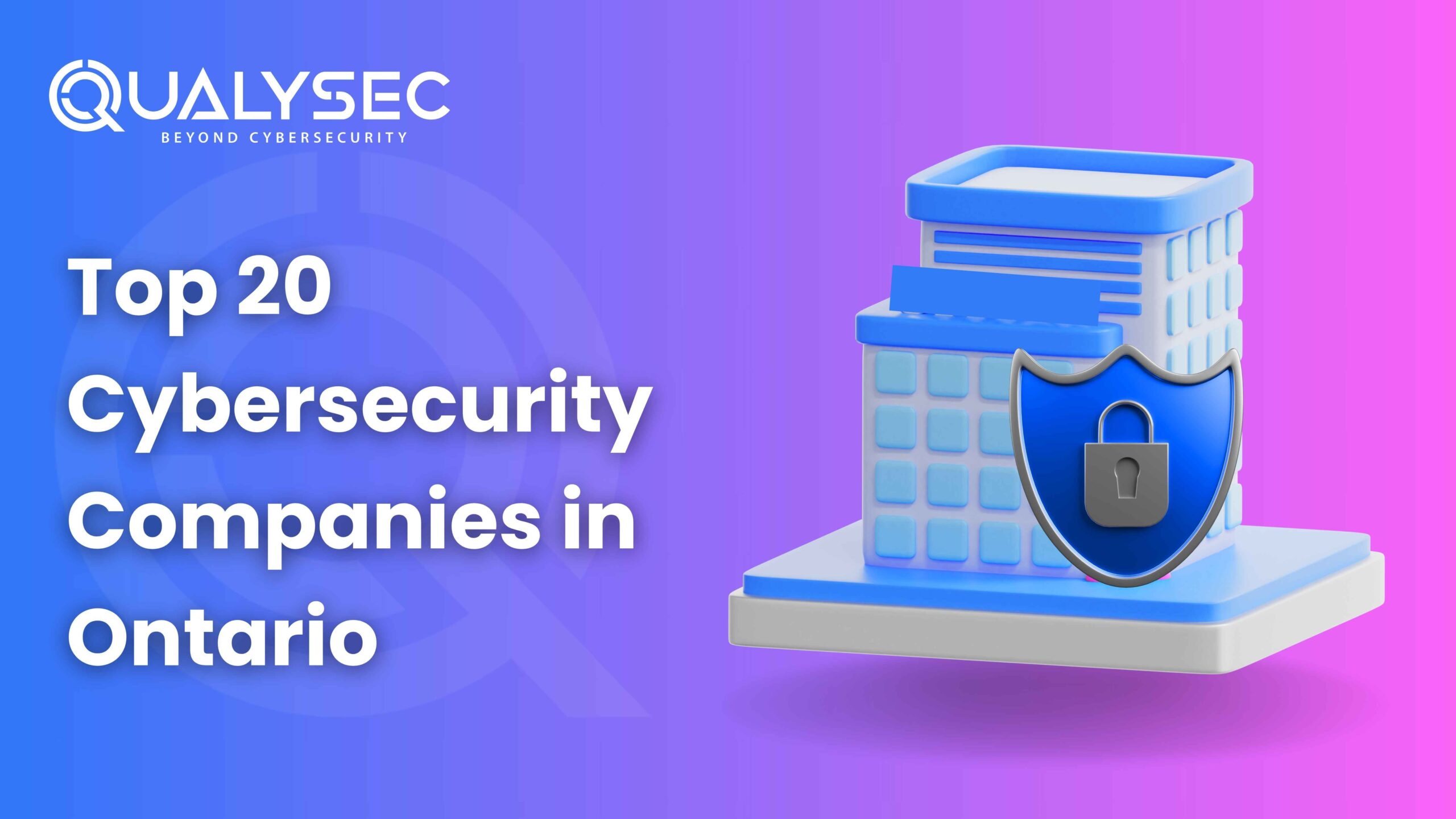
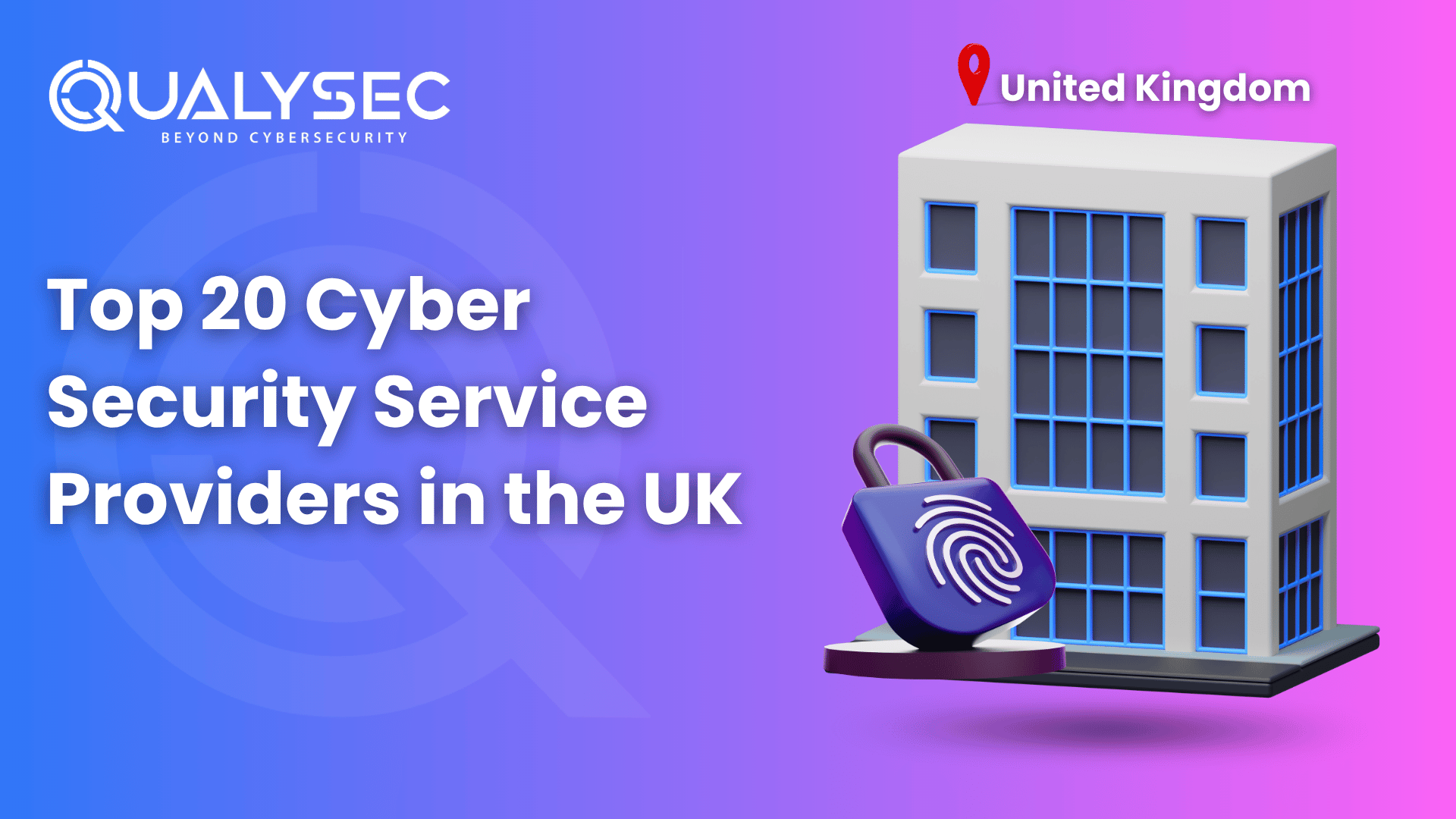
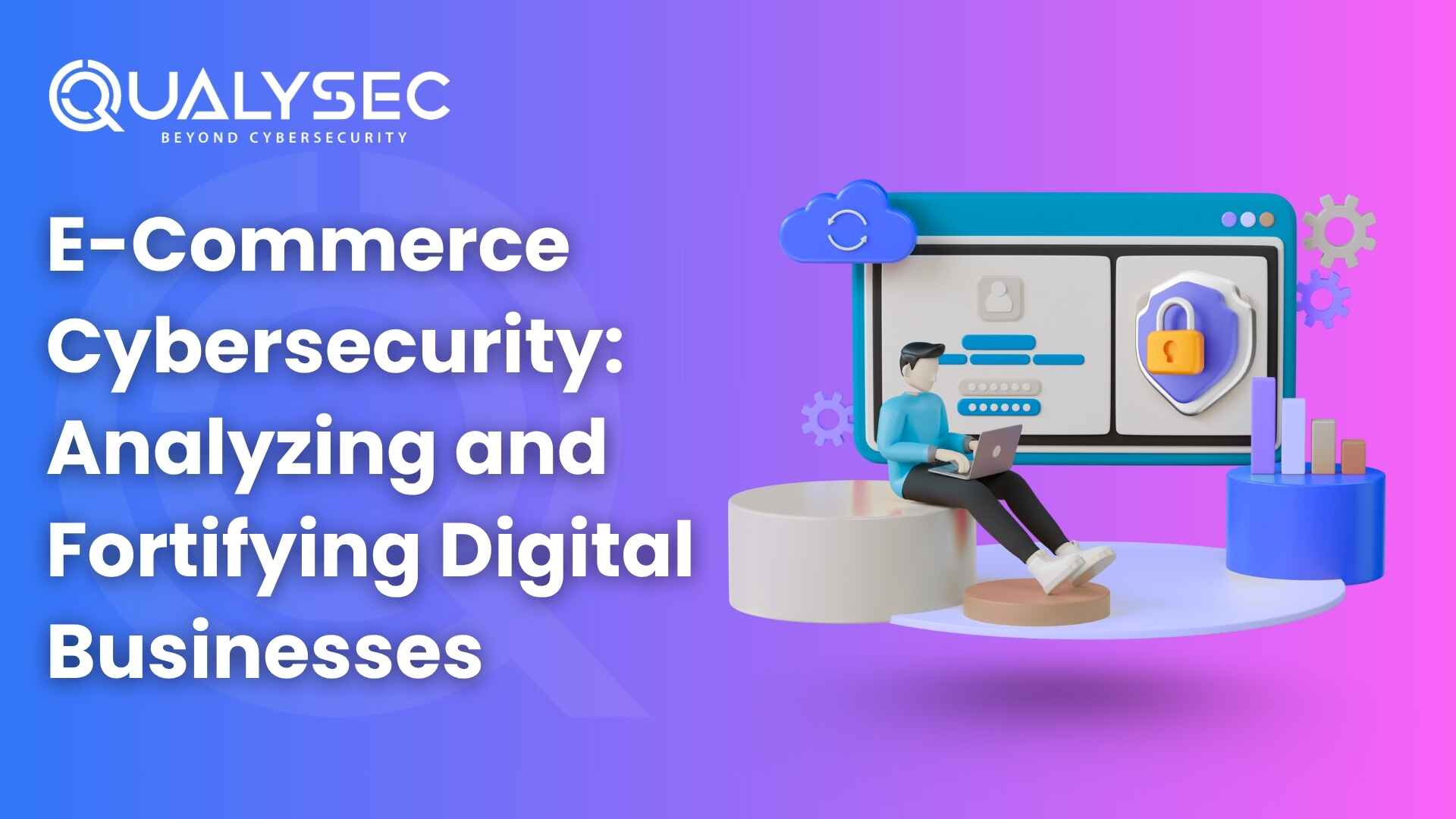
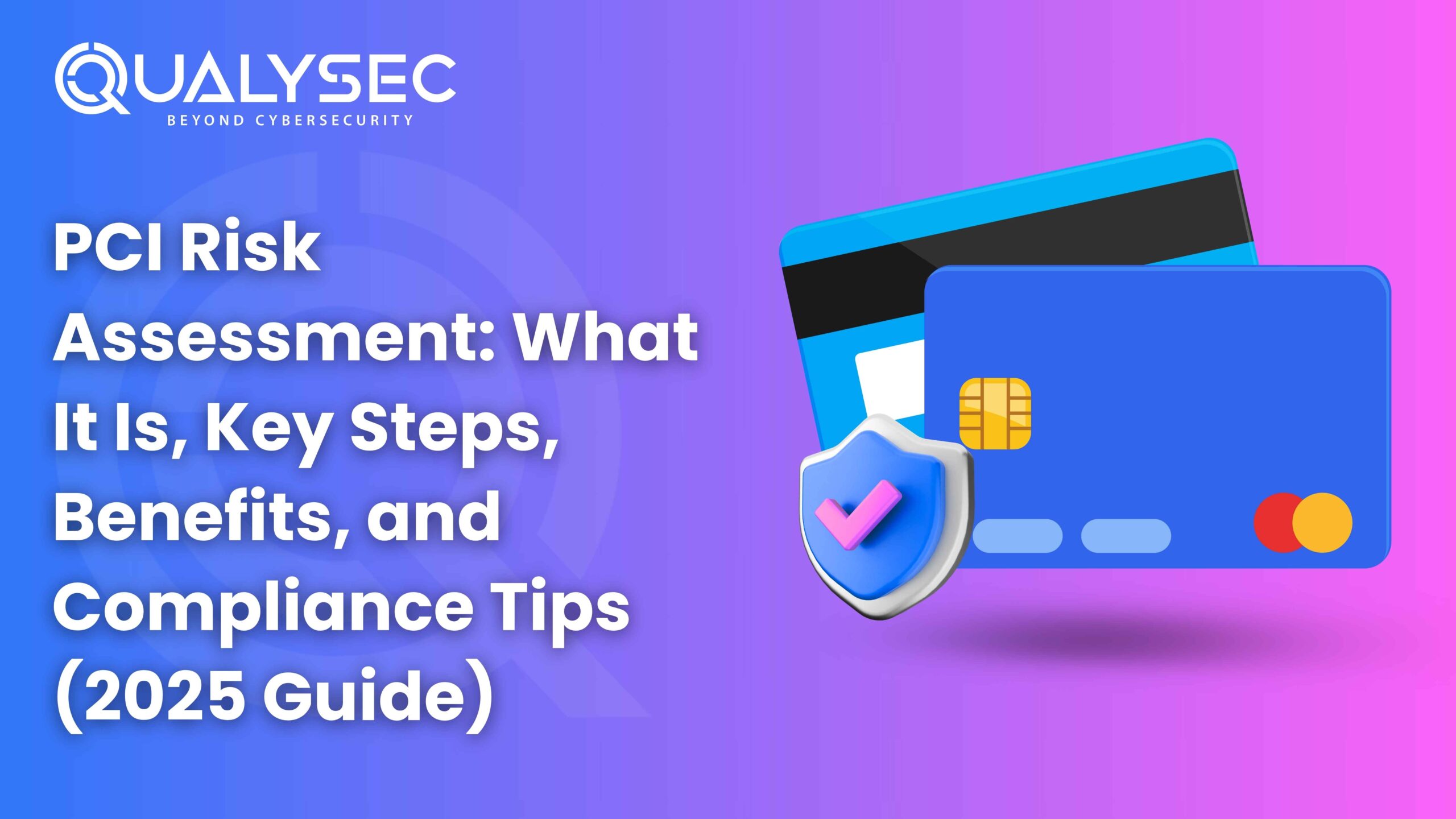


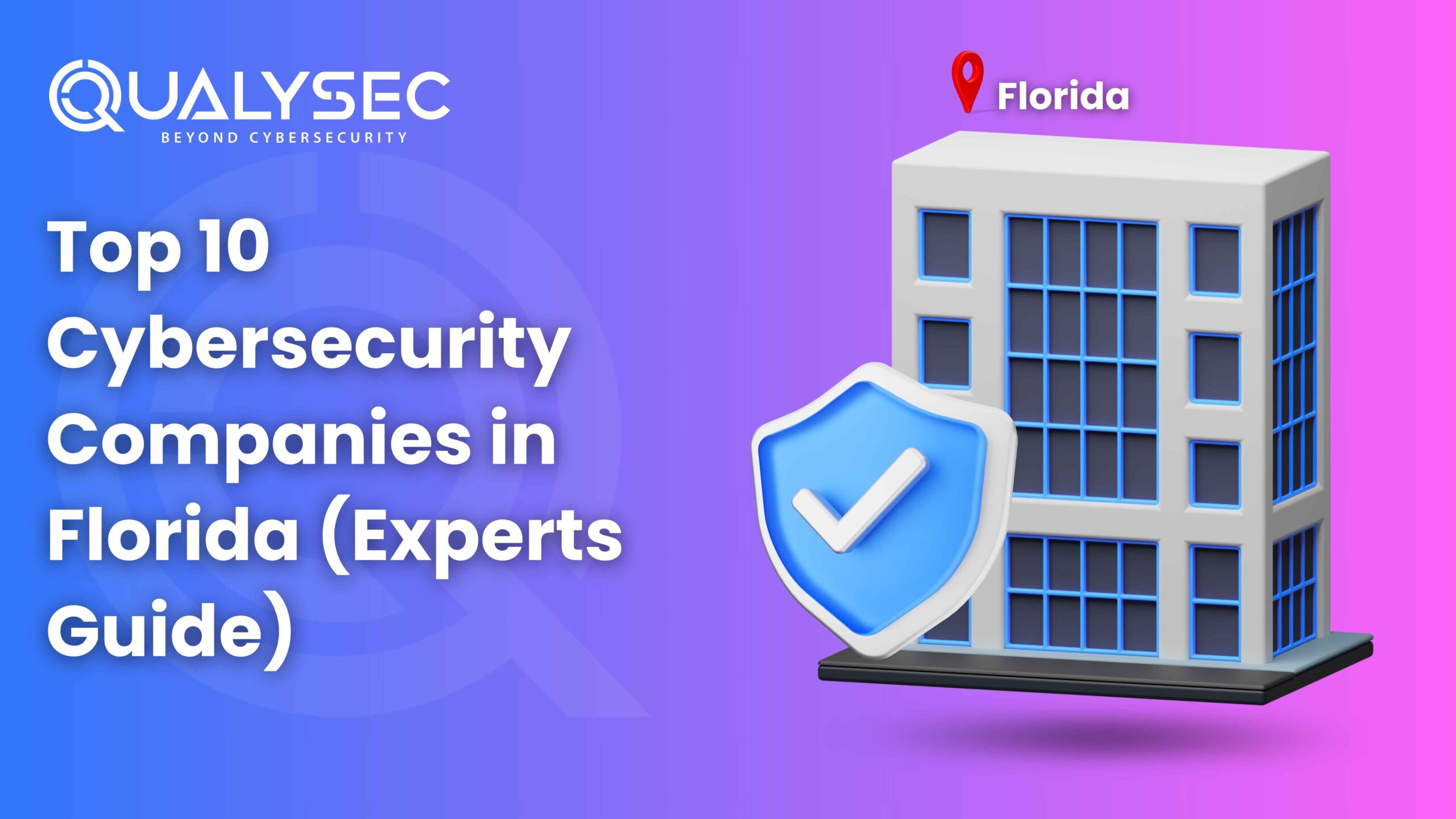











































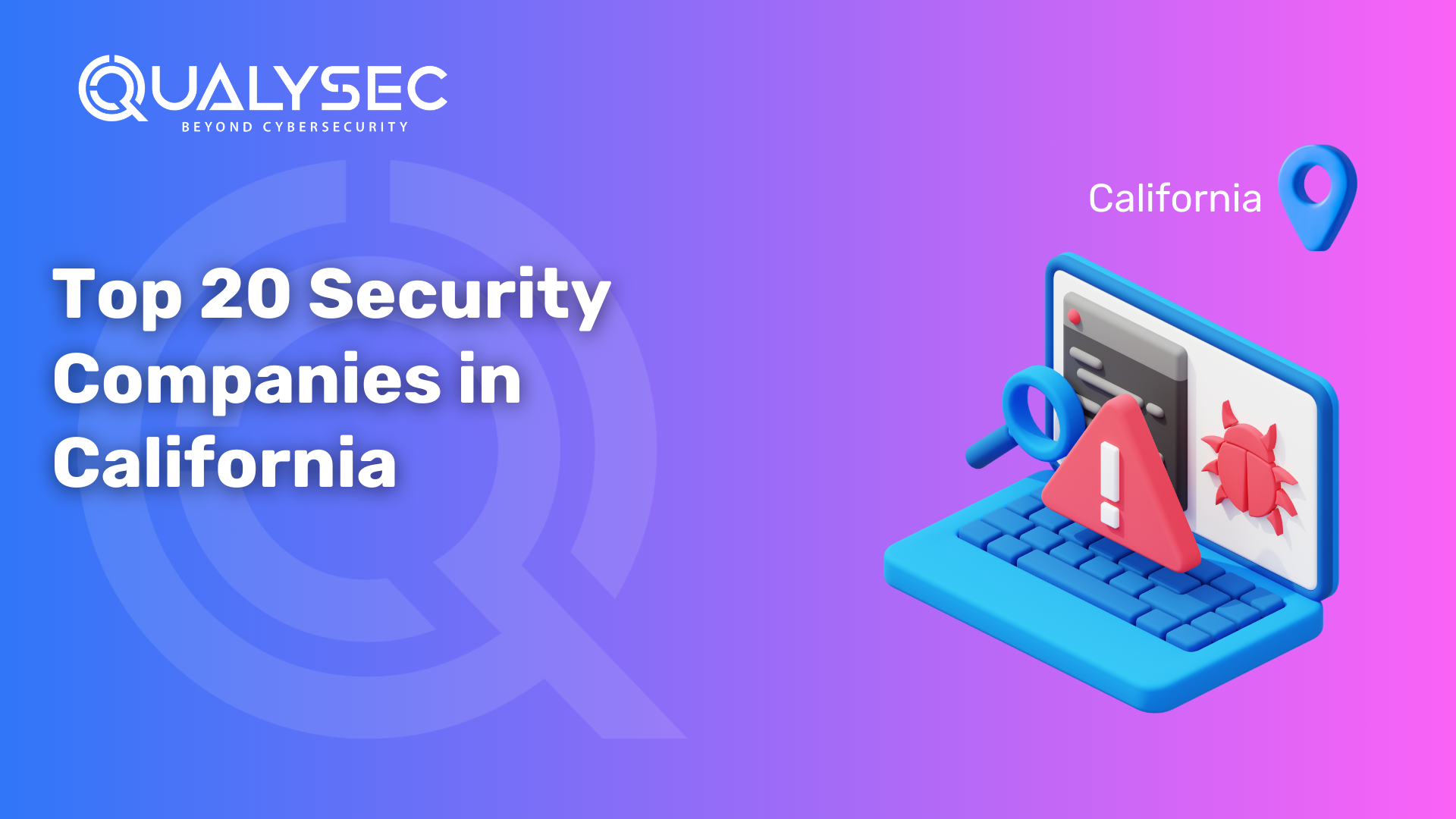







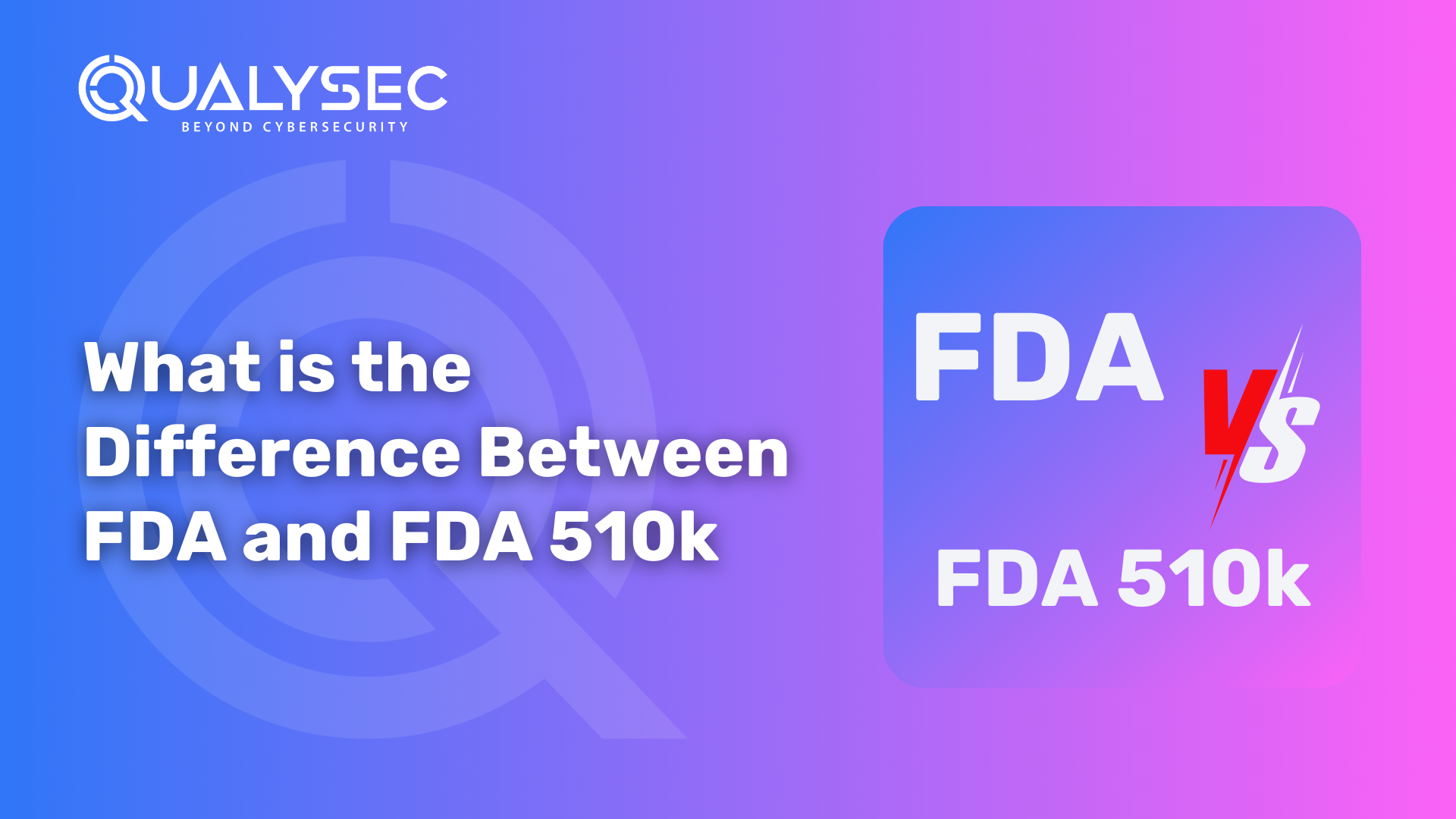









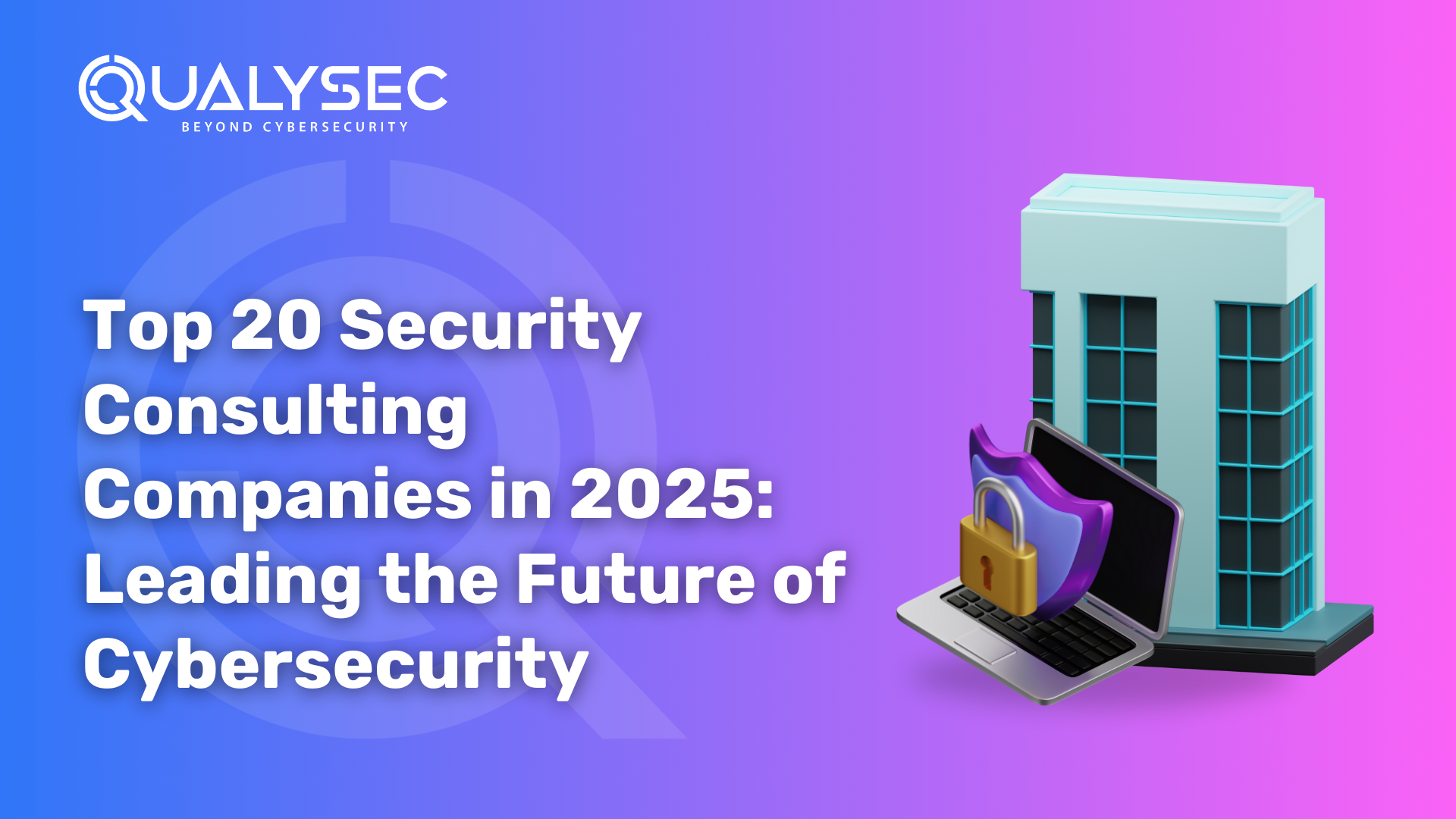
























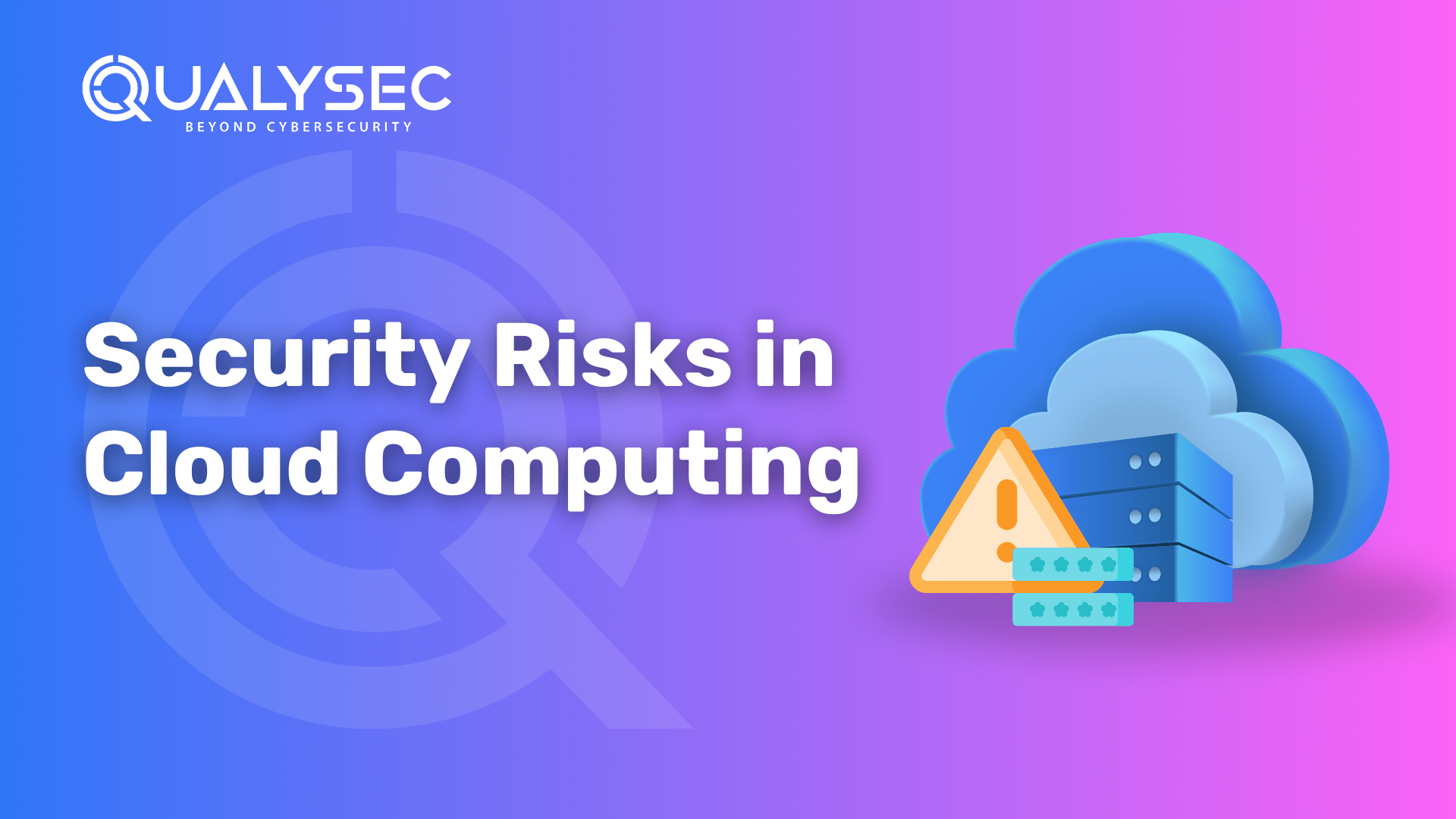







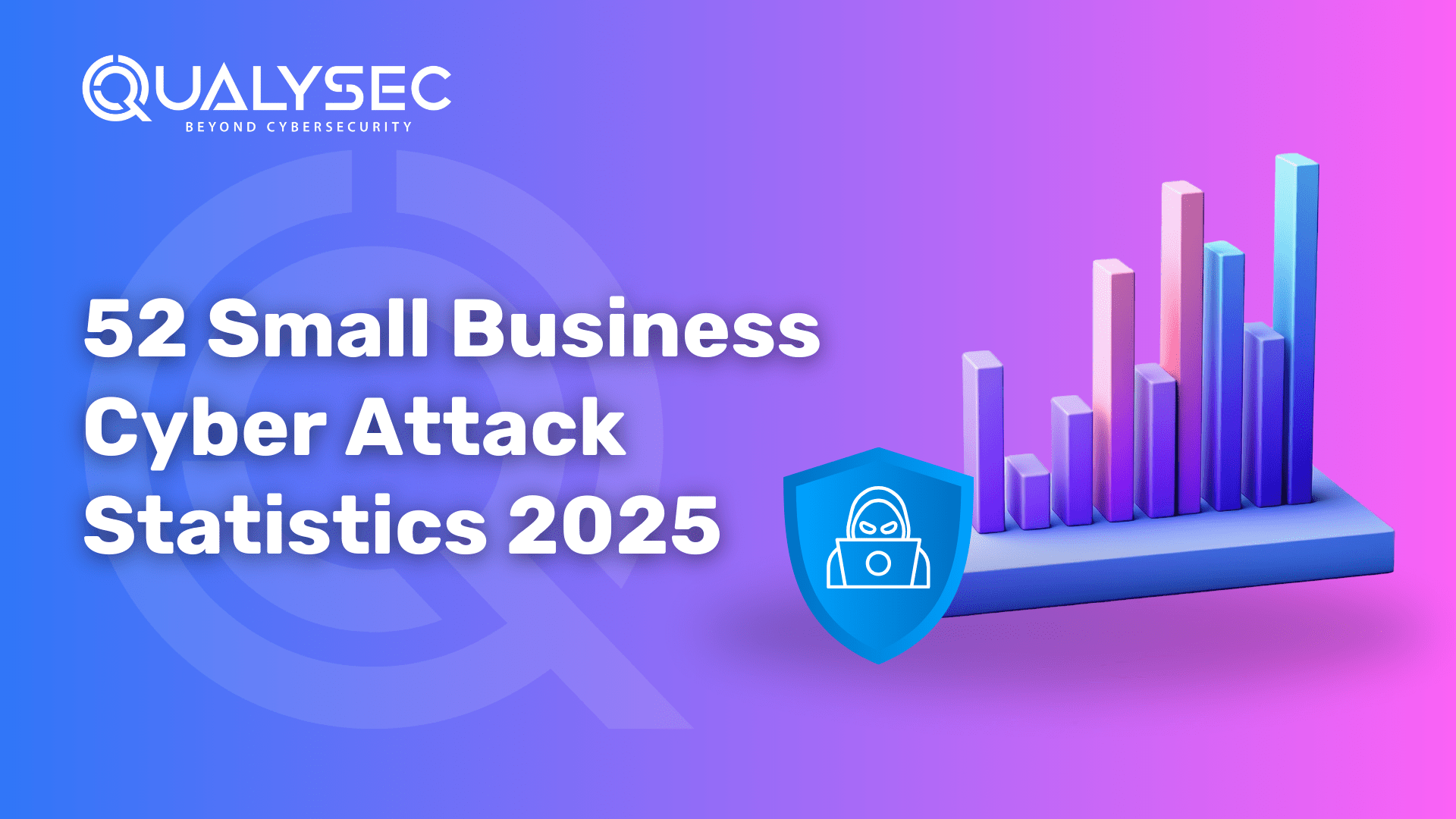


























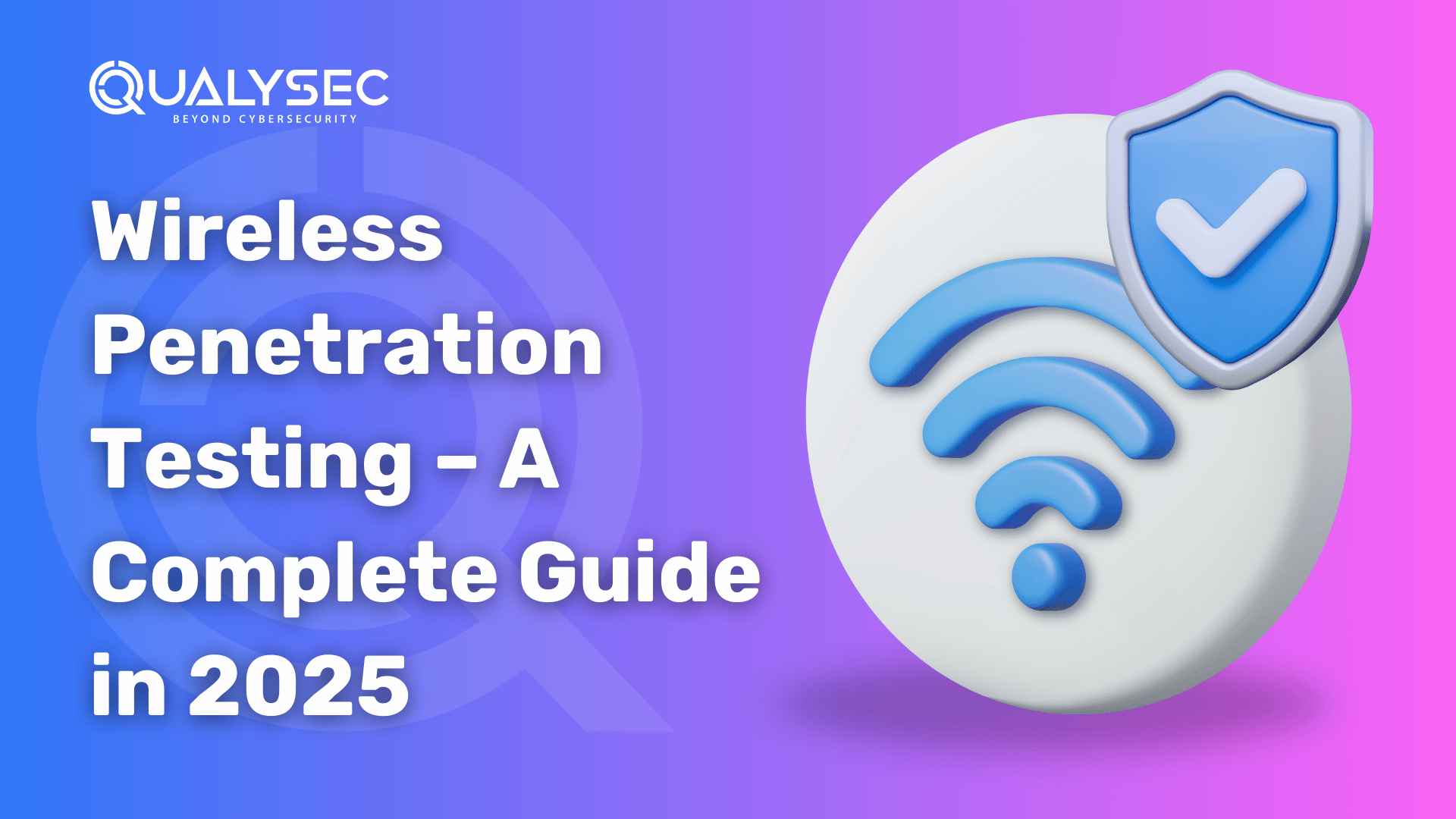




























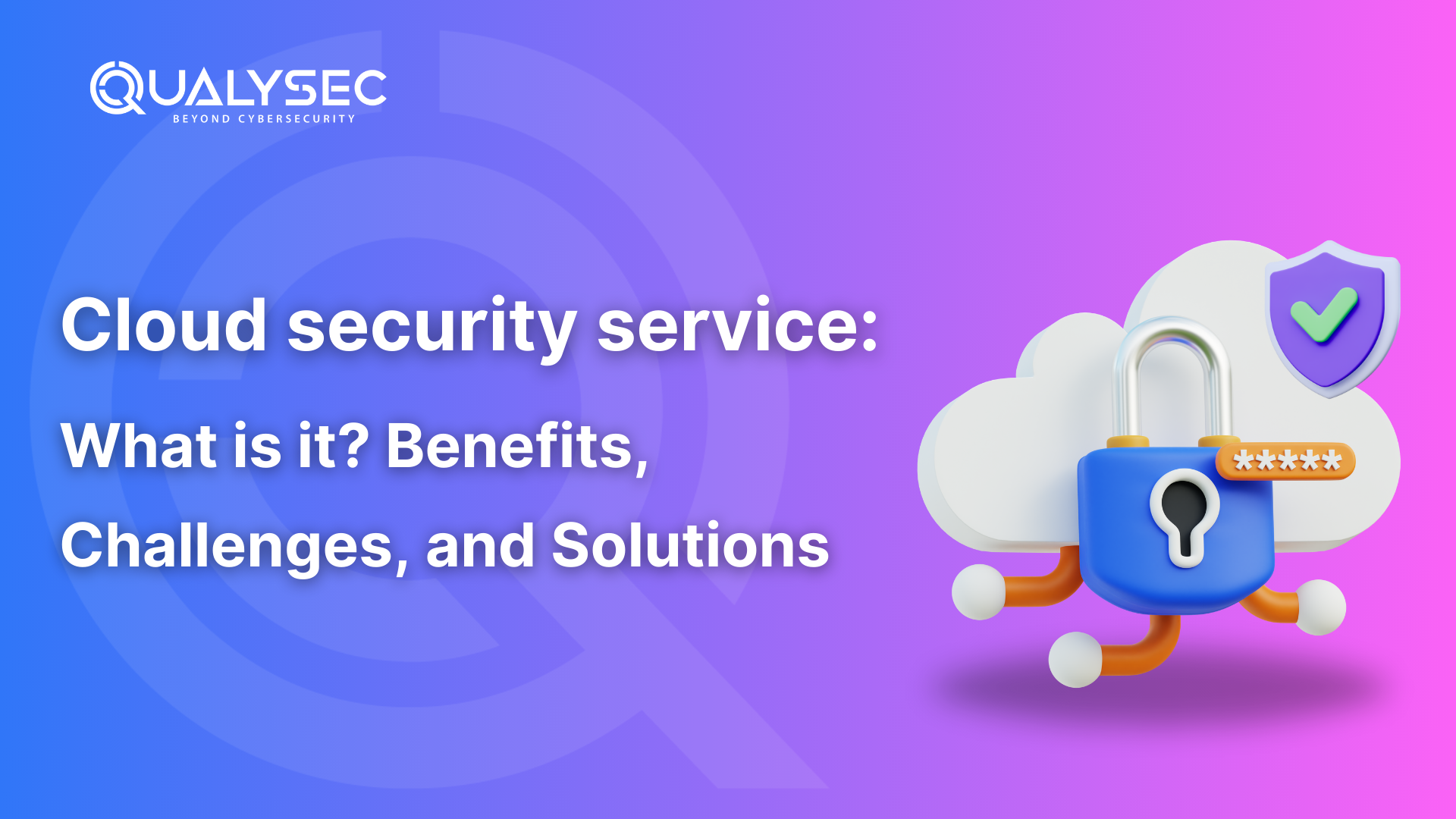


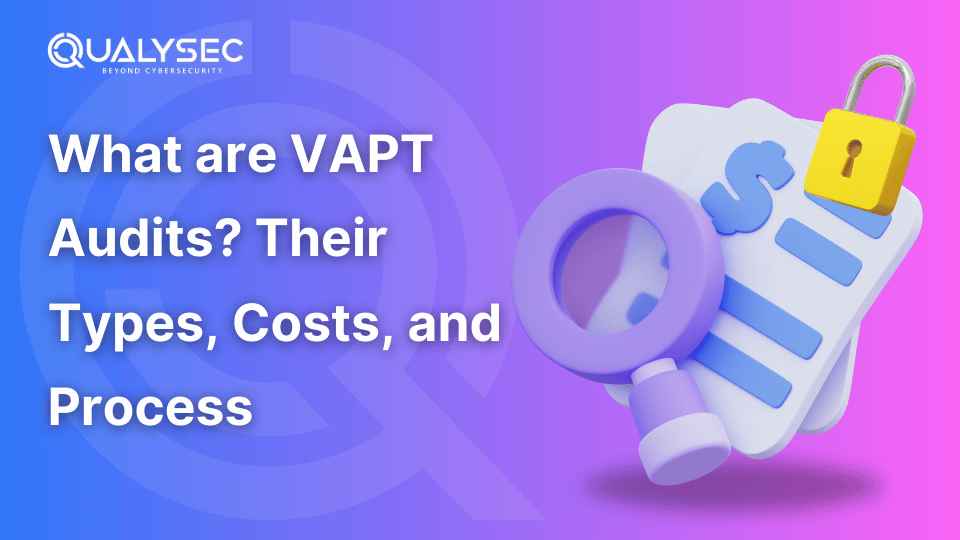








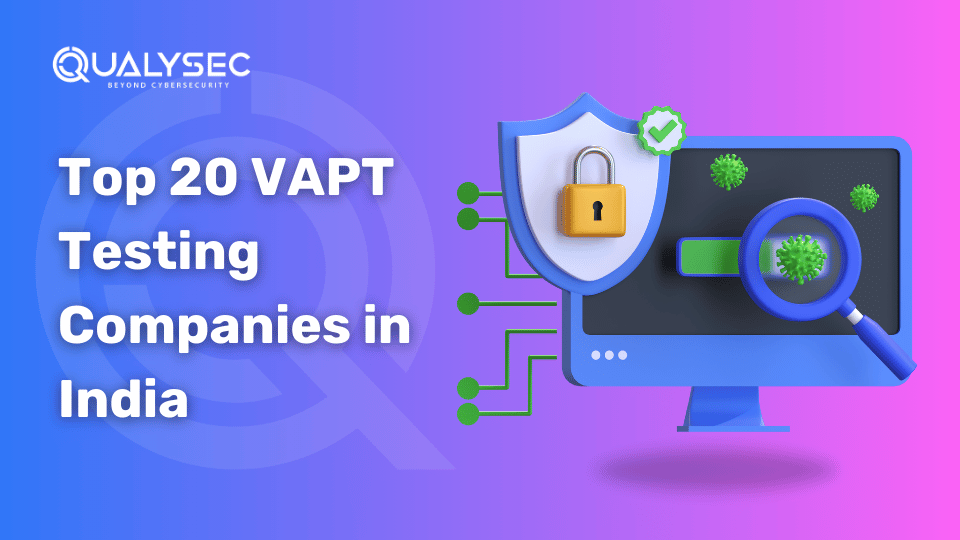


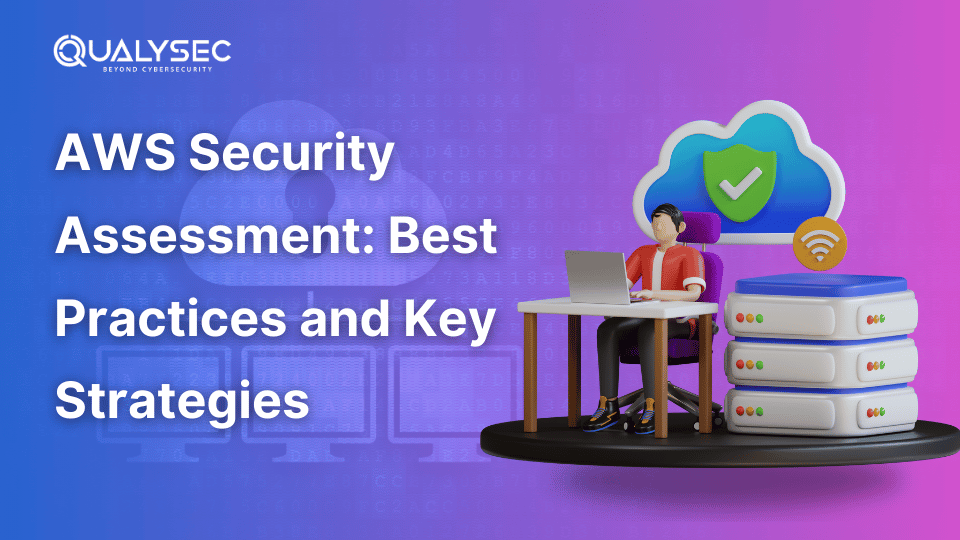




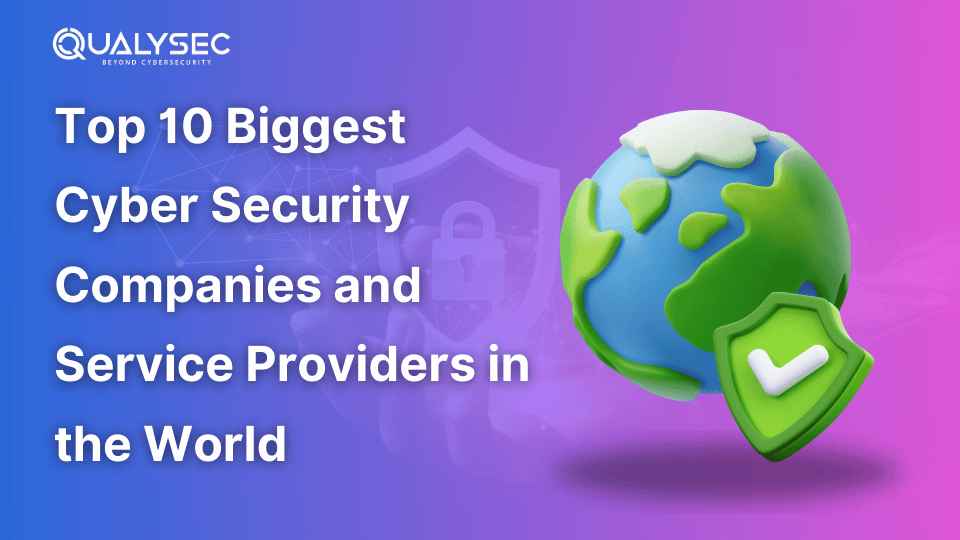















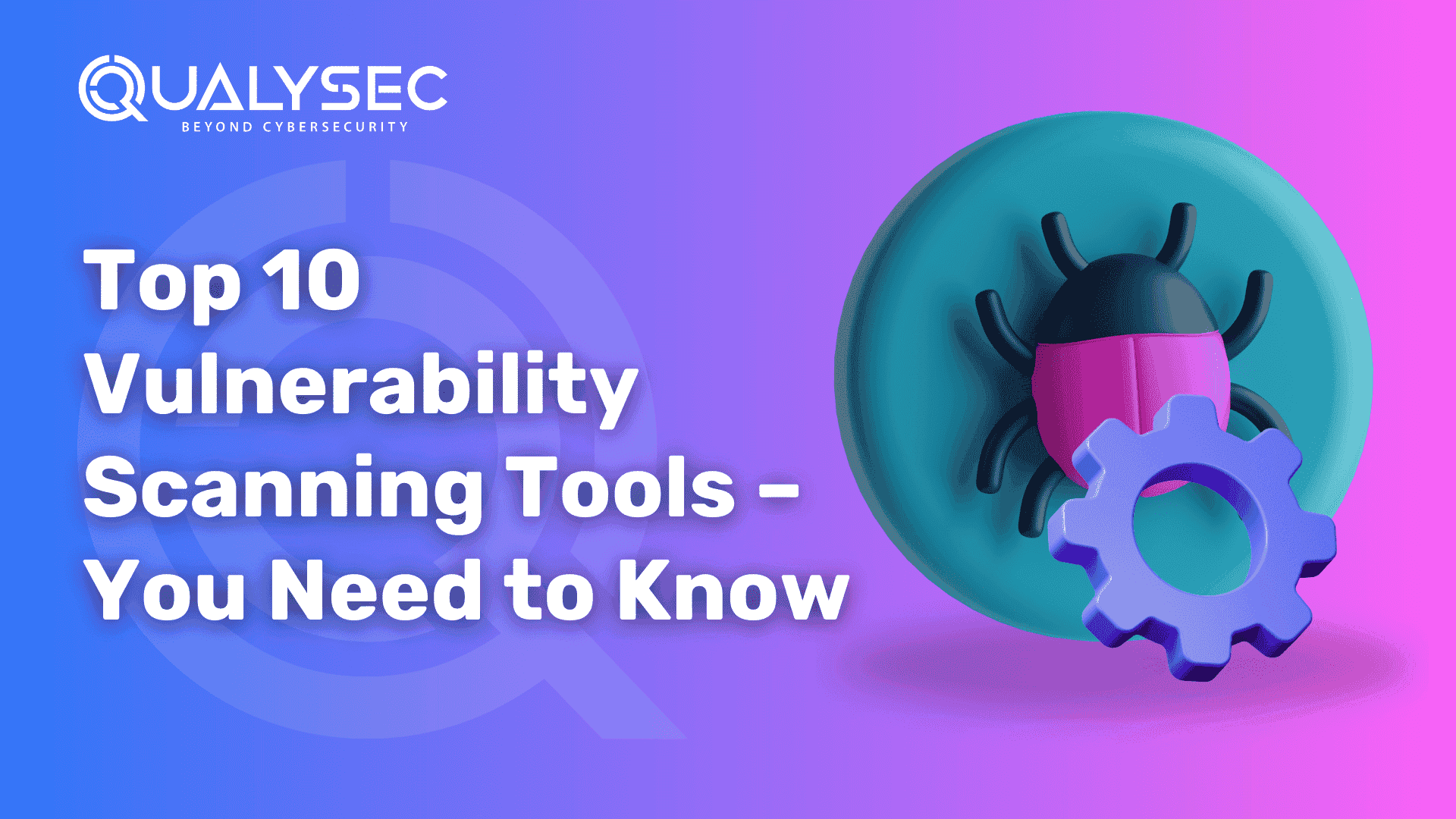


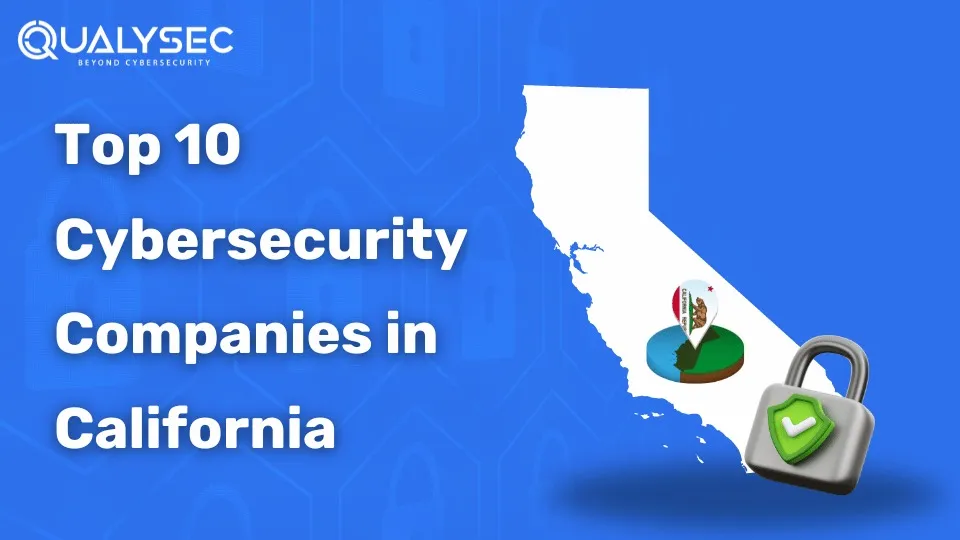
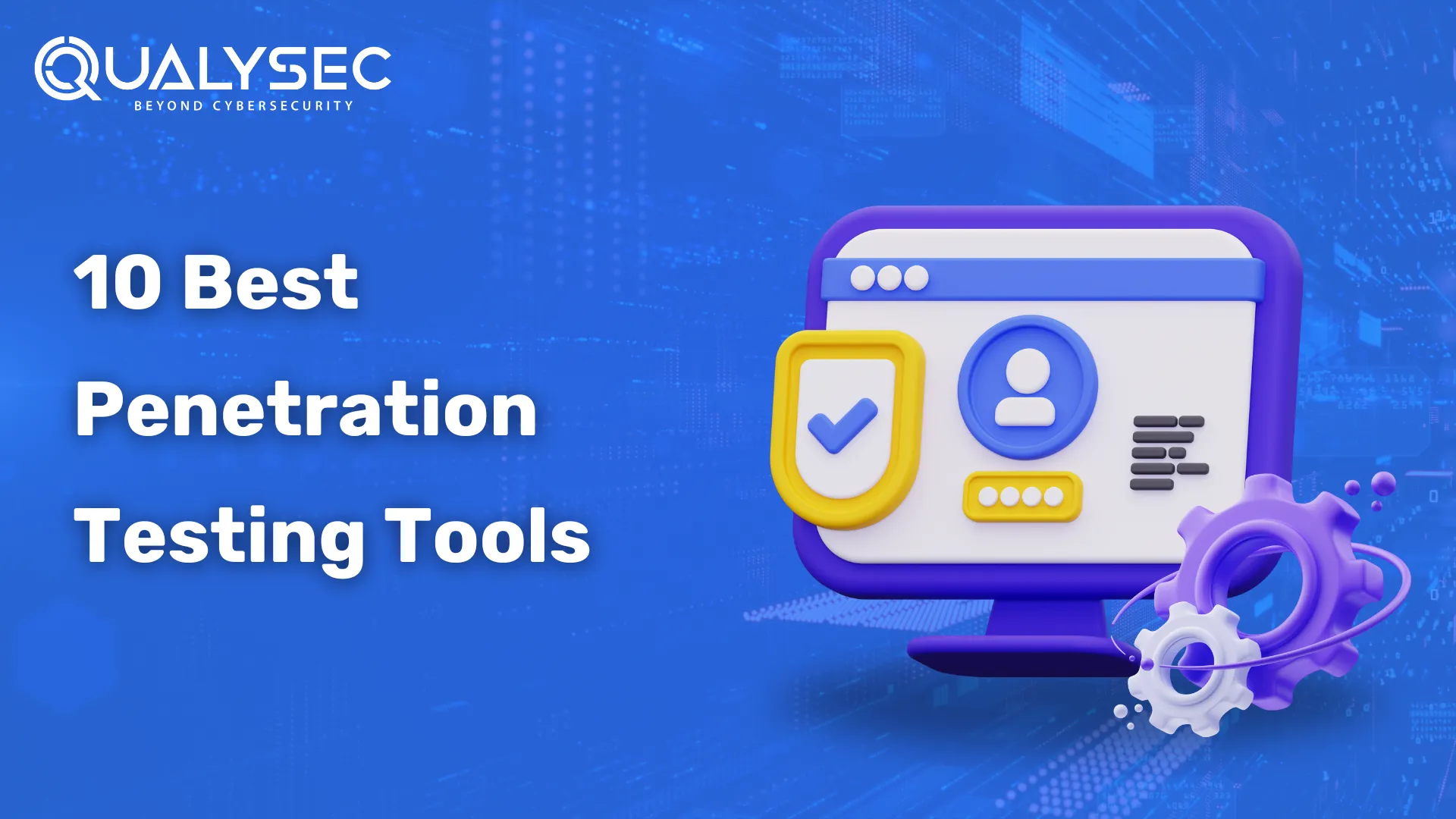









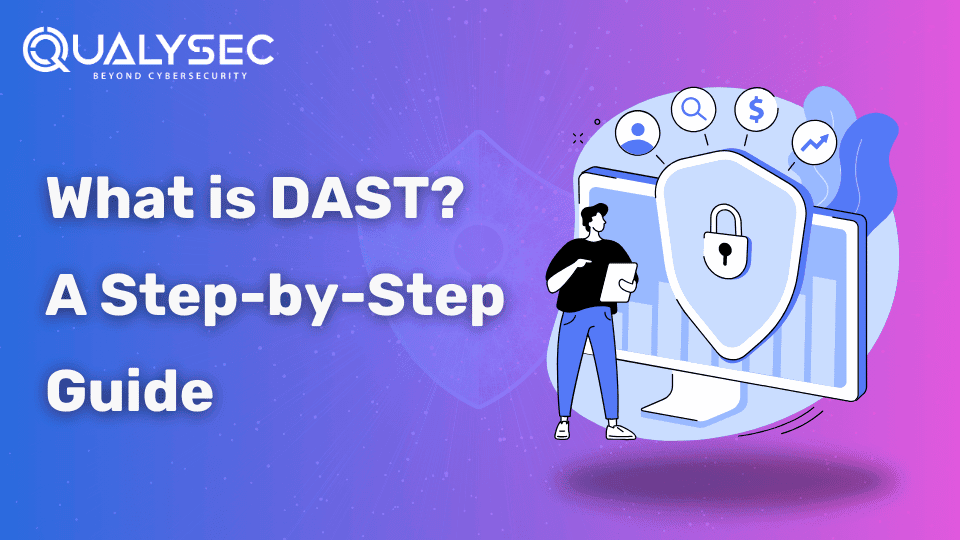


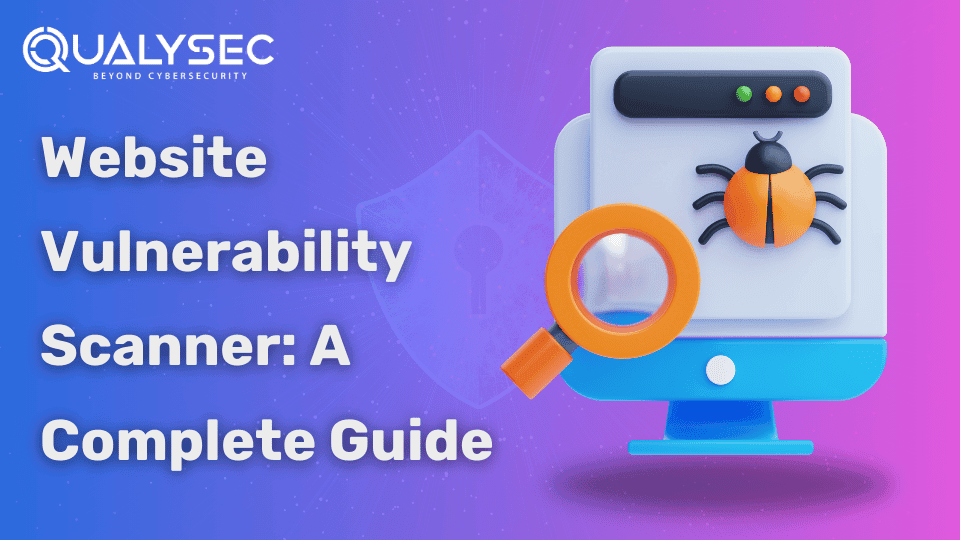

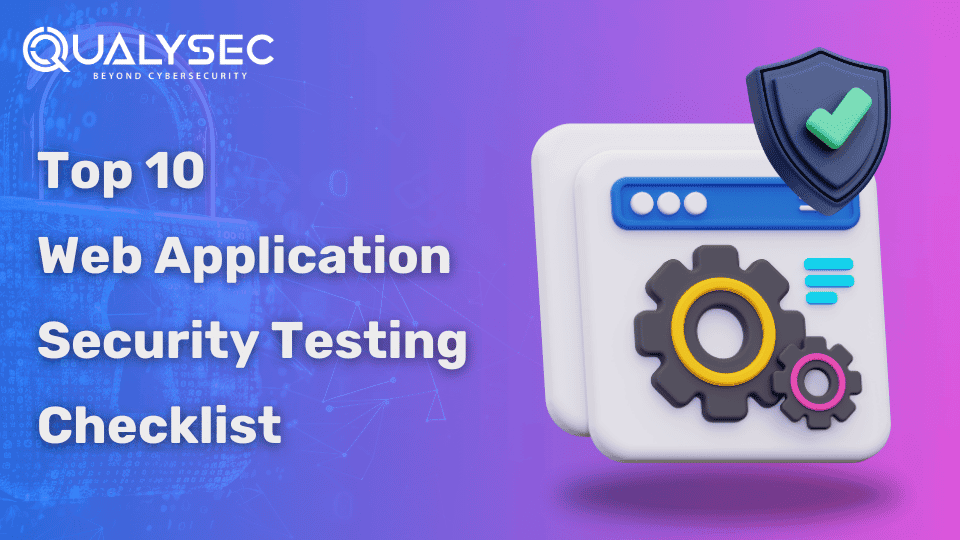

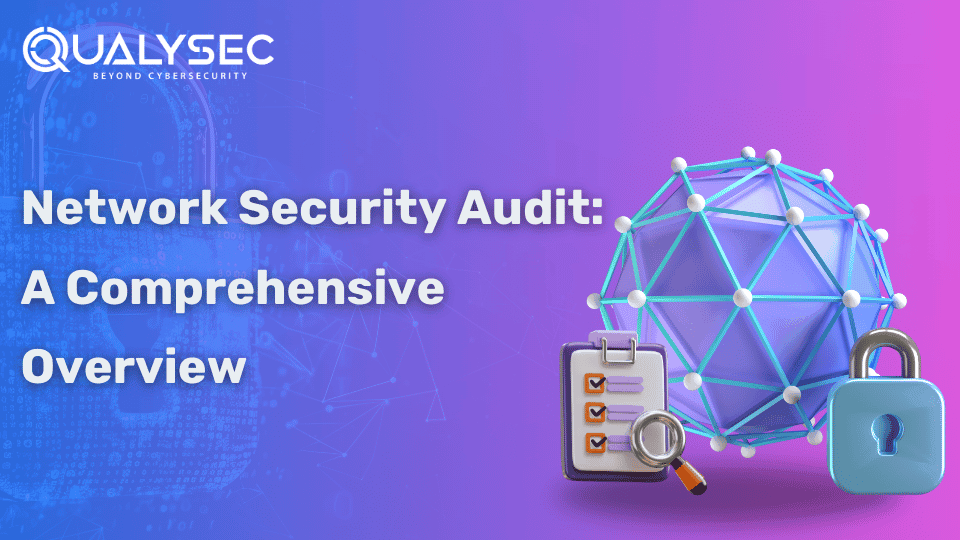











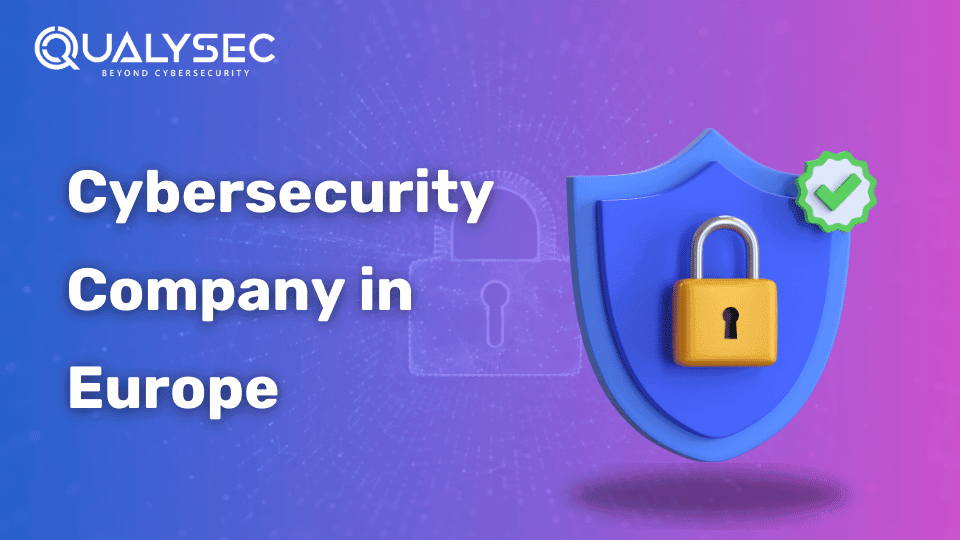
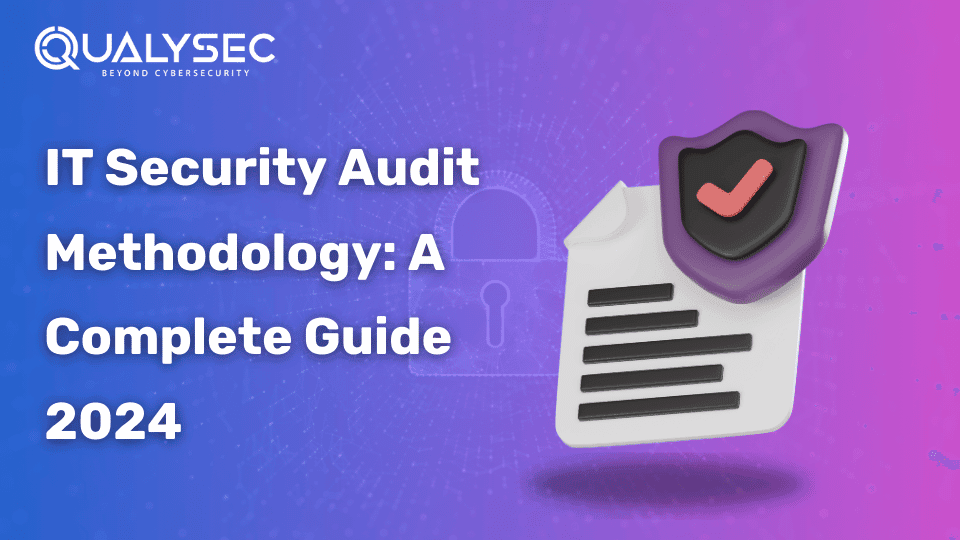

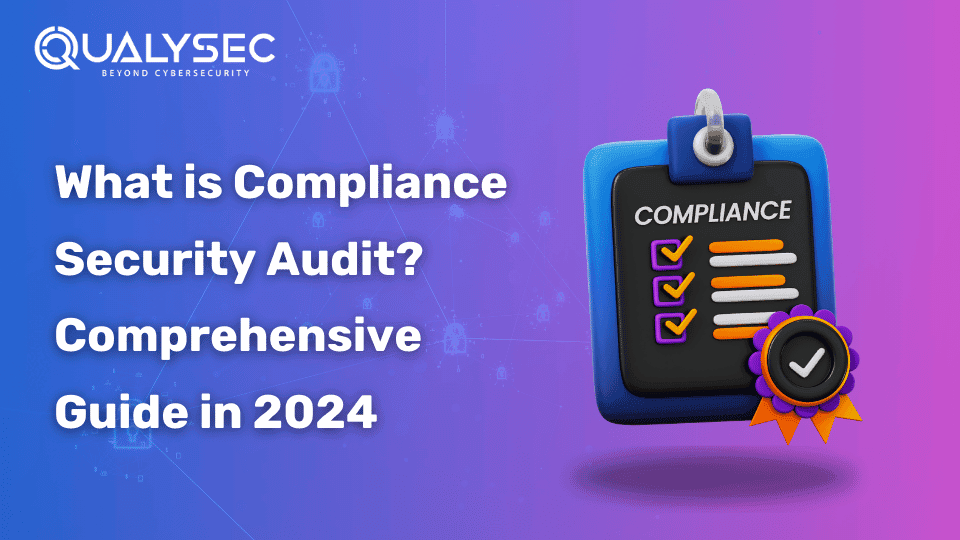


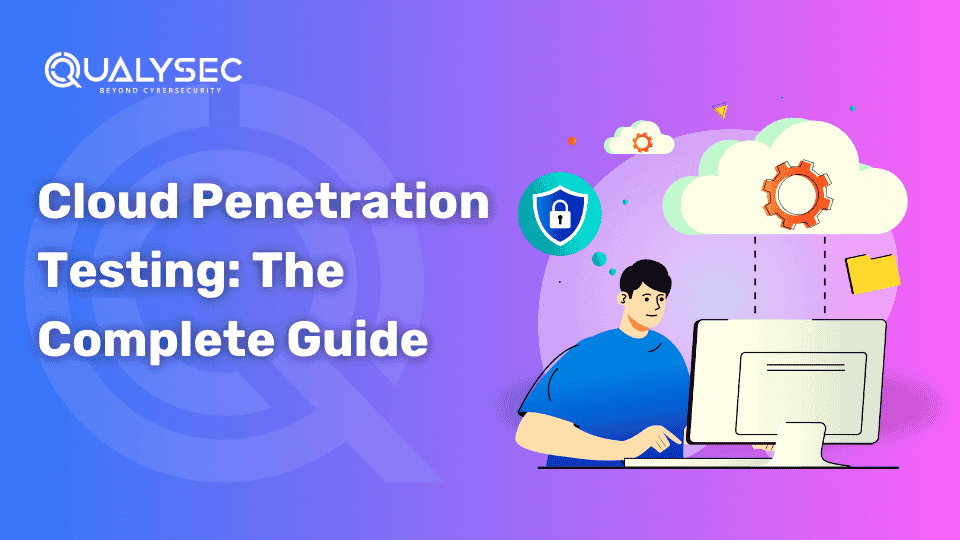


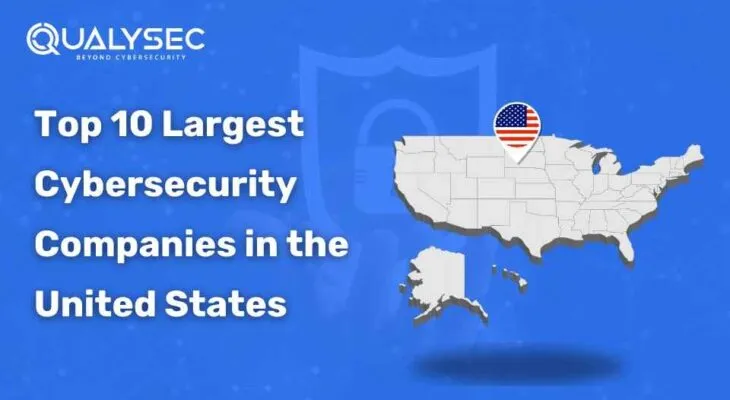

























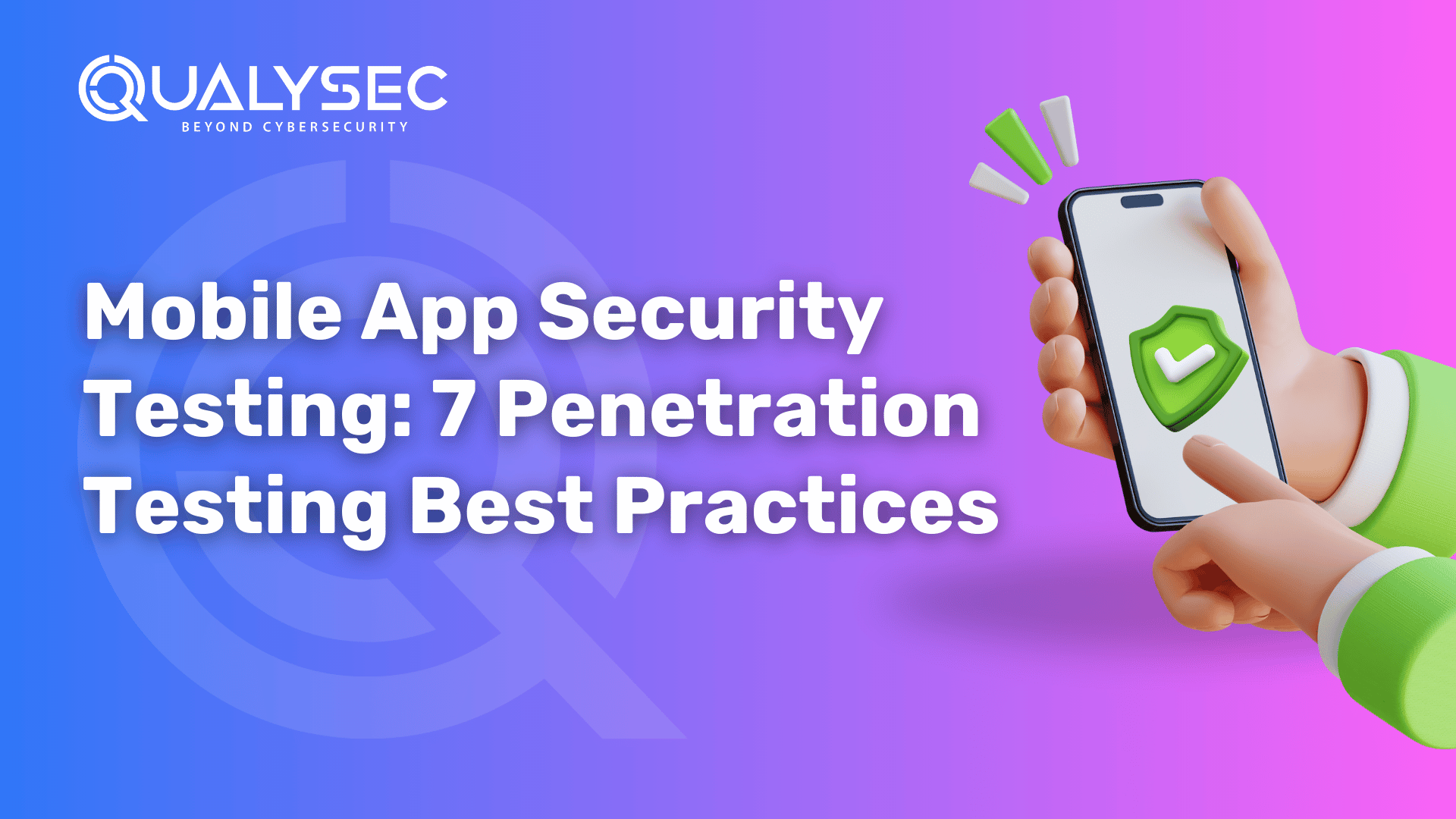














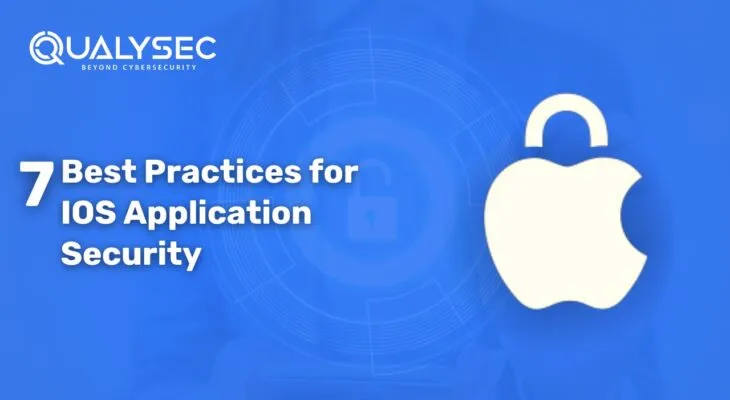


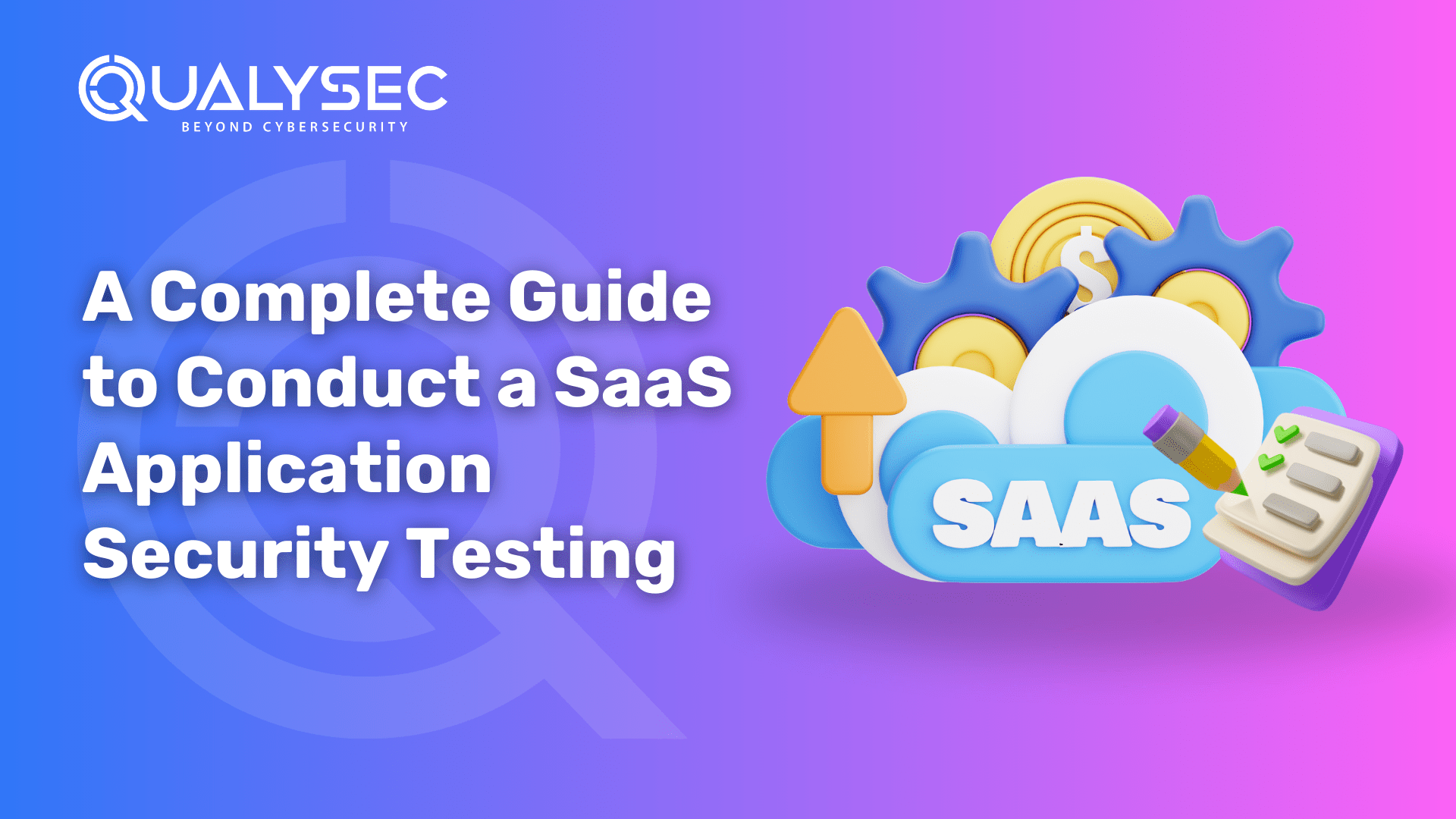





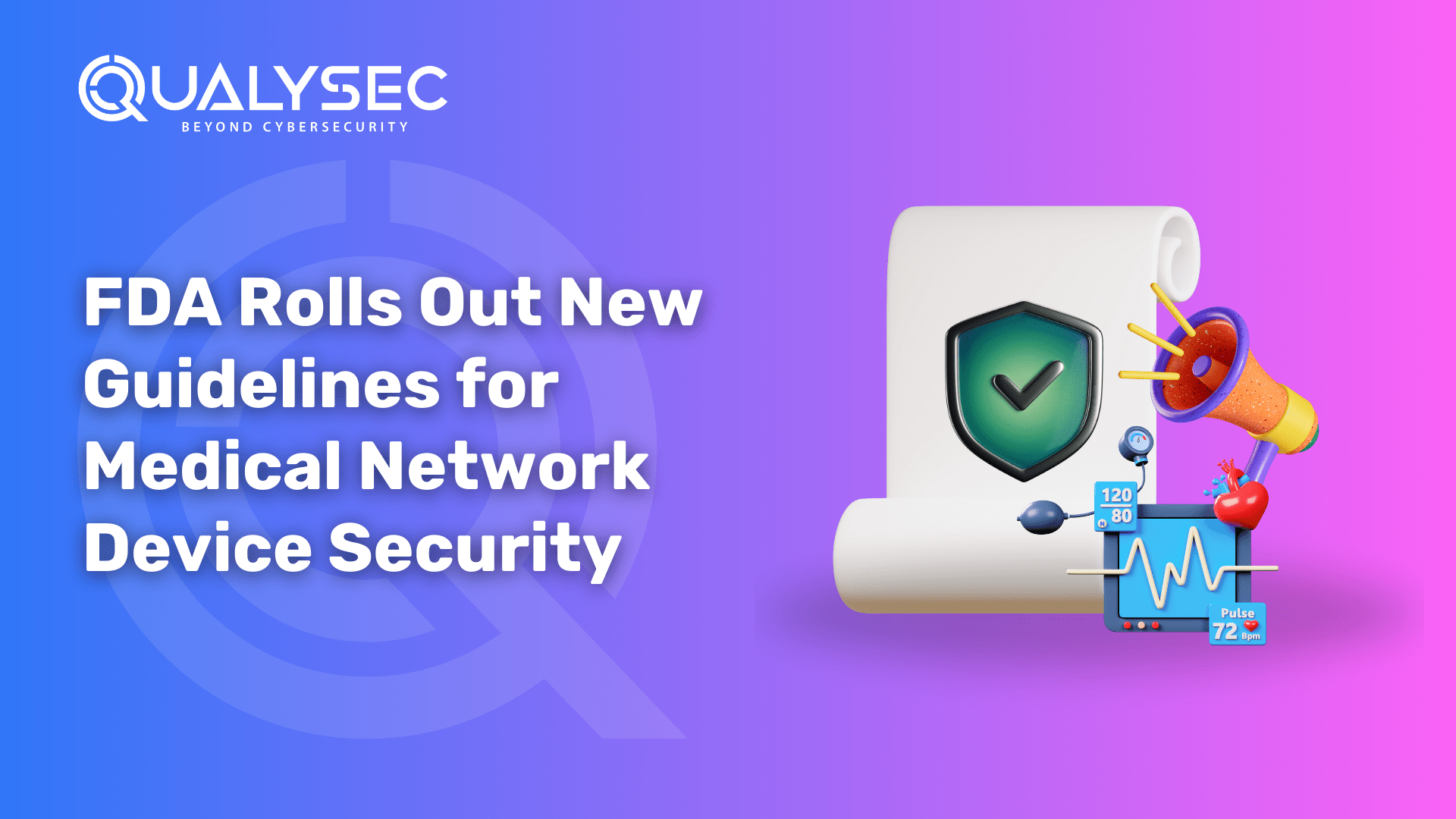
















































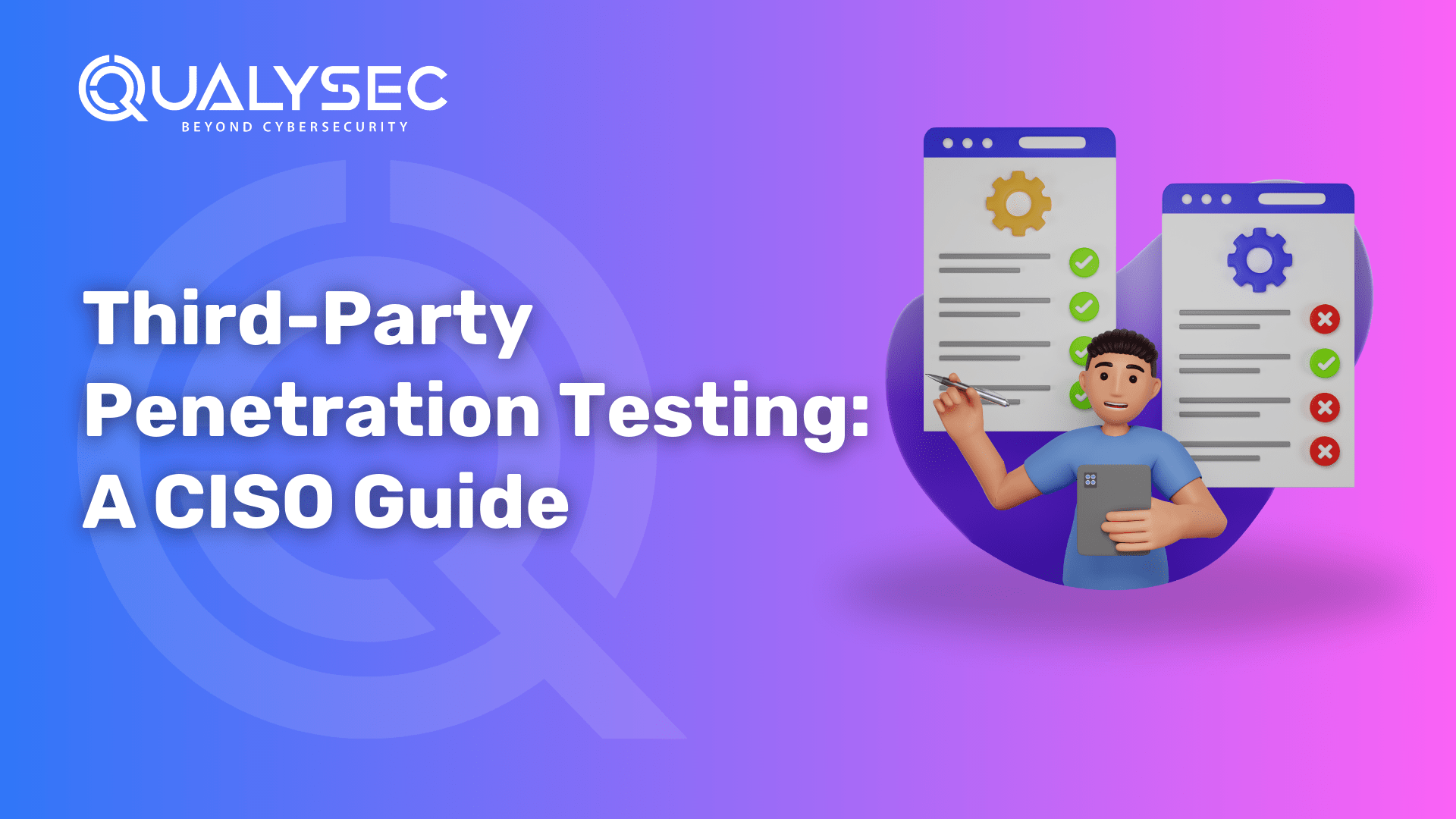





































































































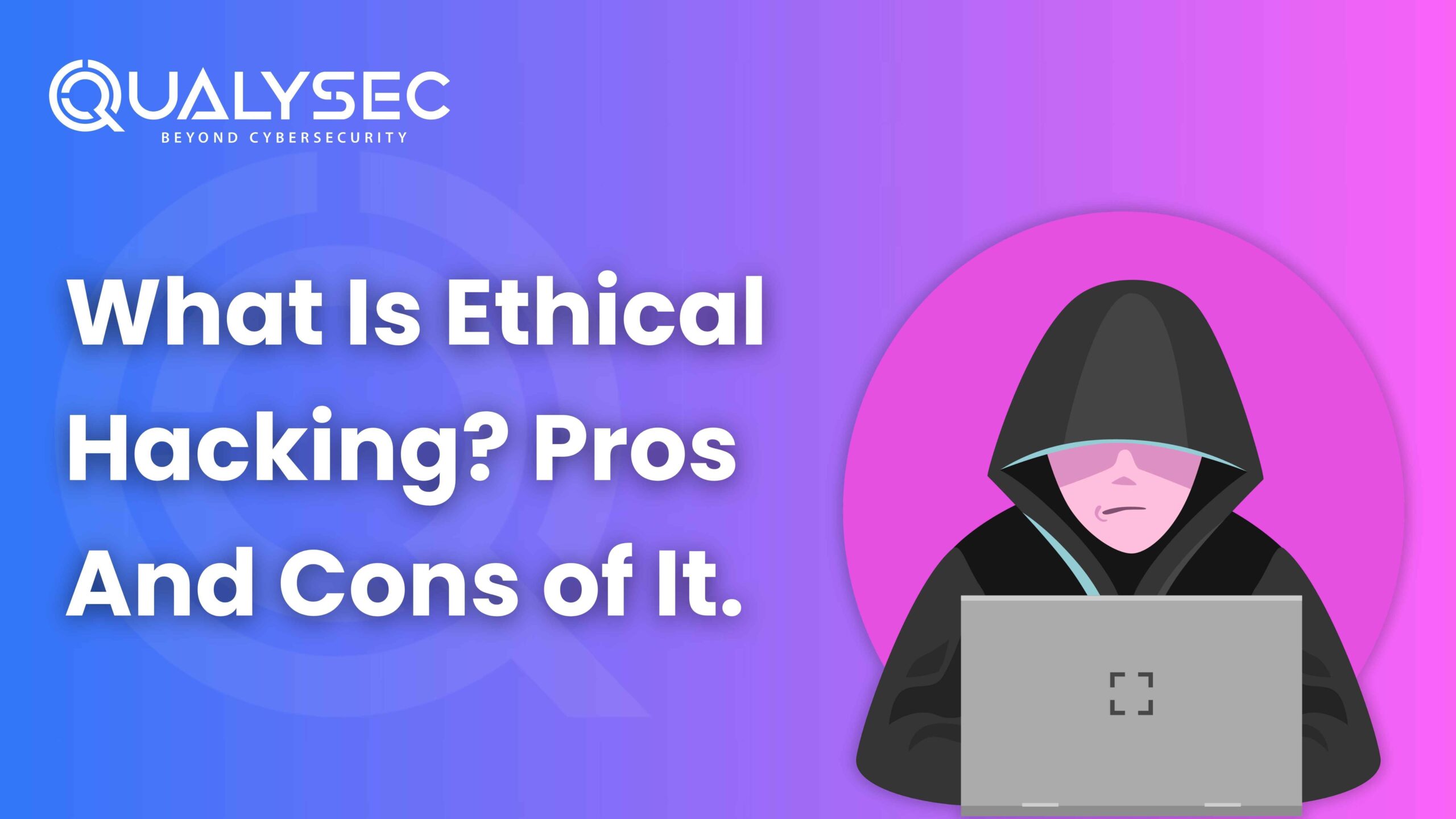







































0 Comments